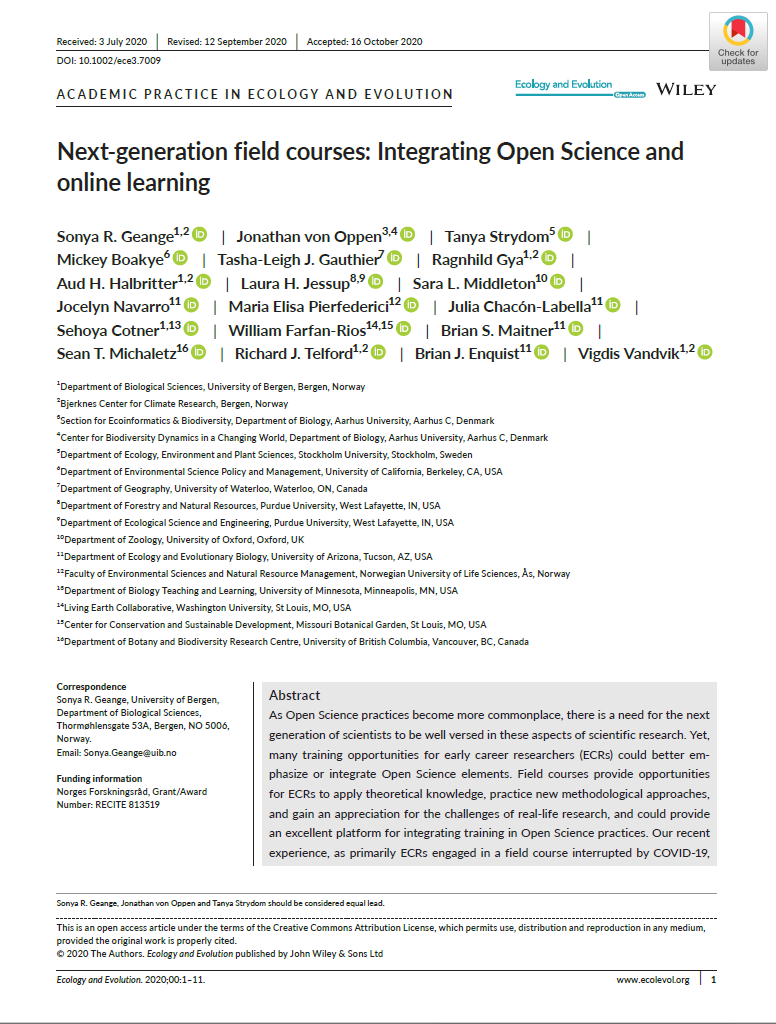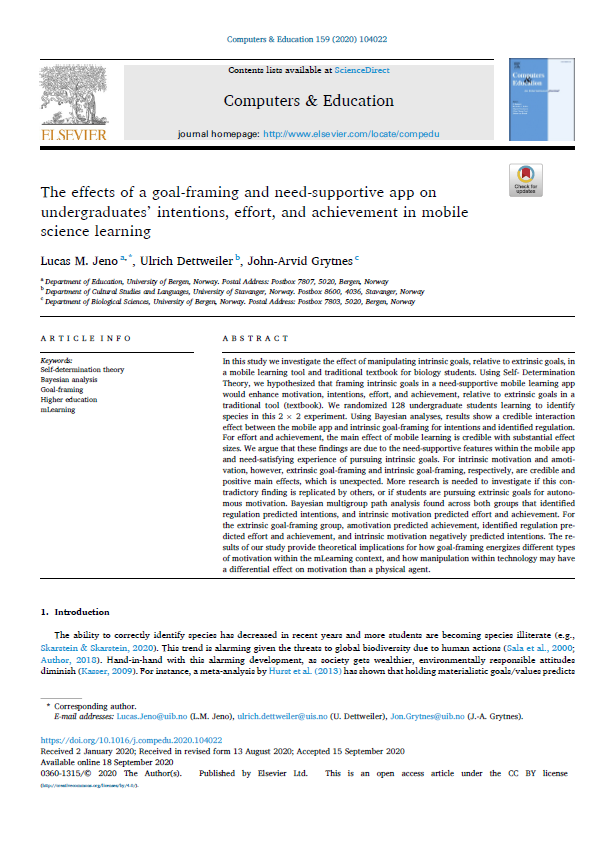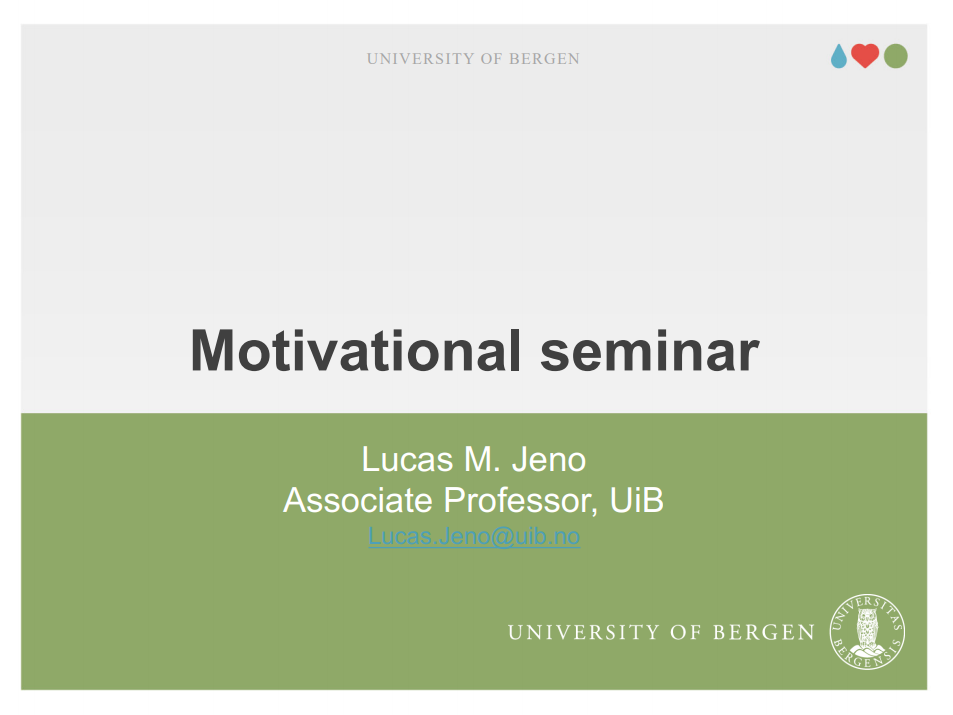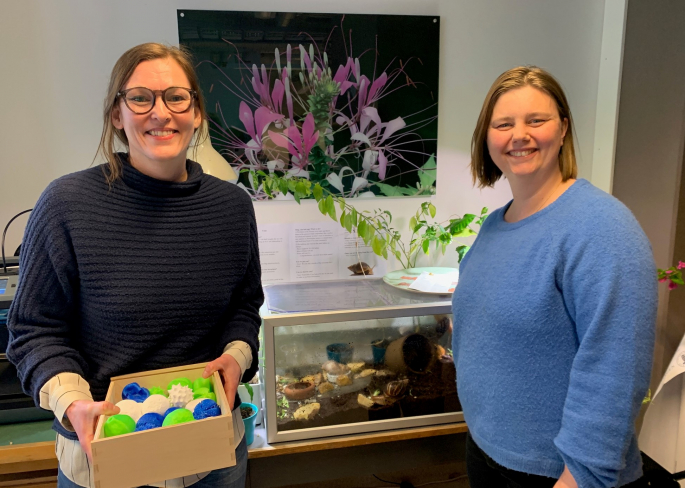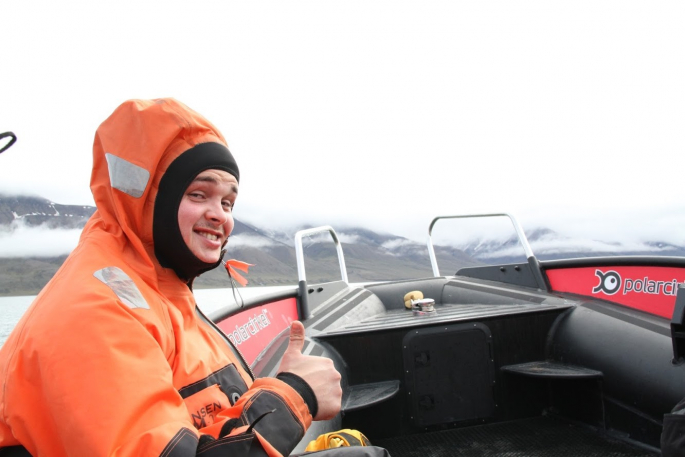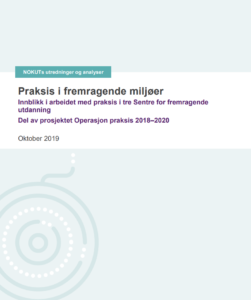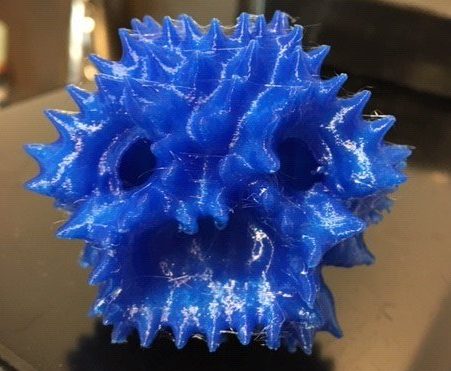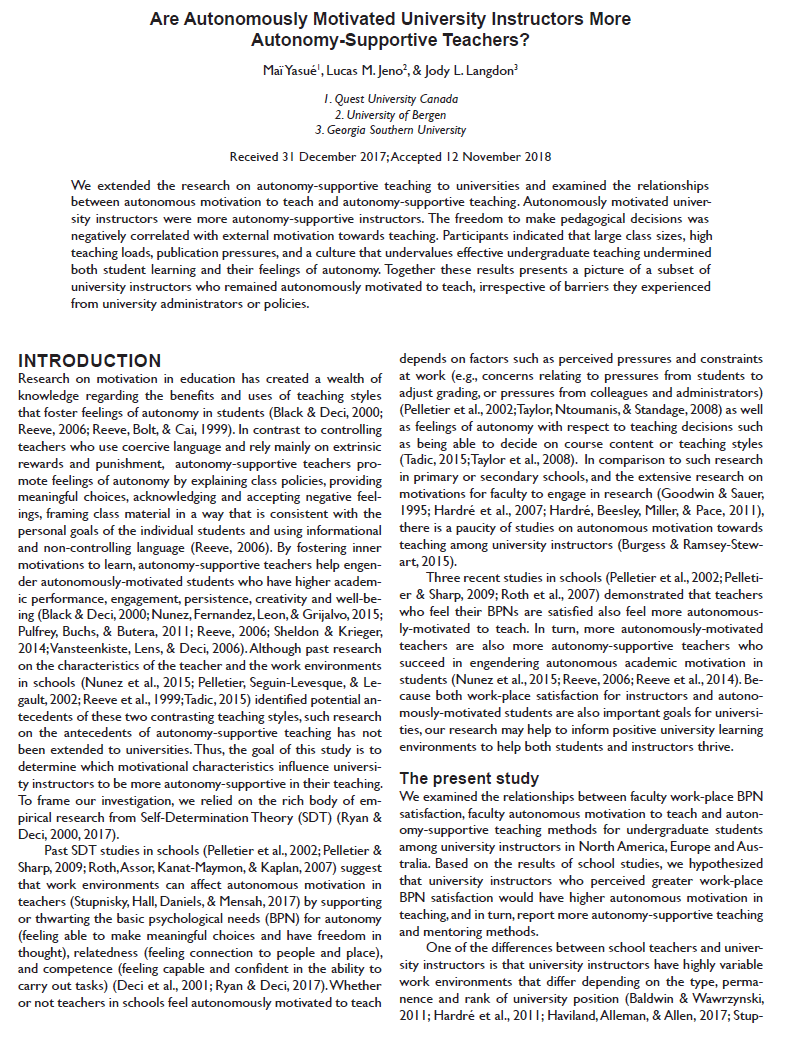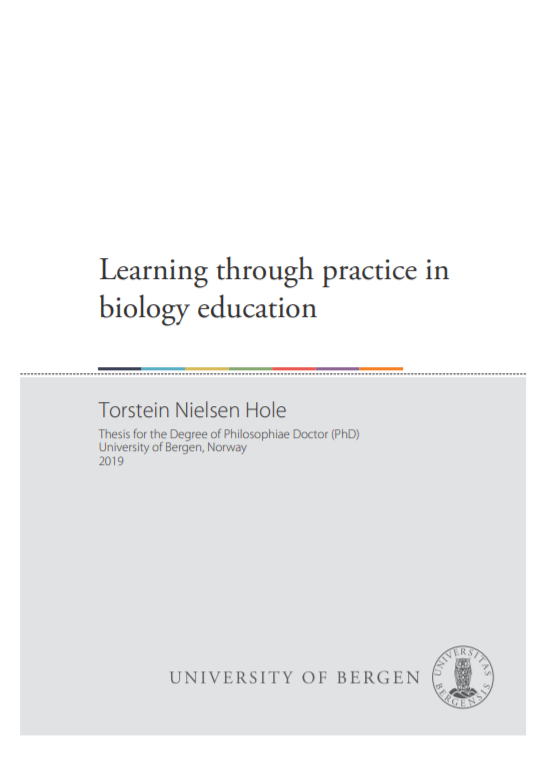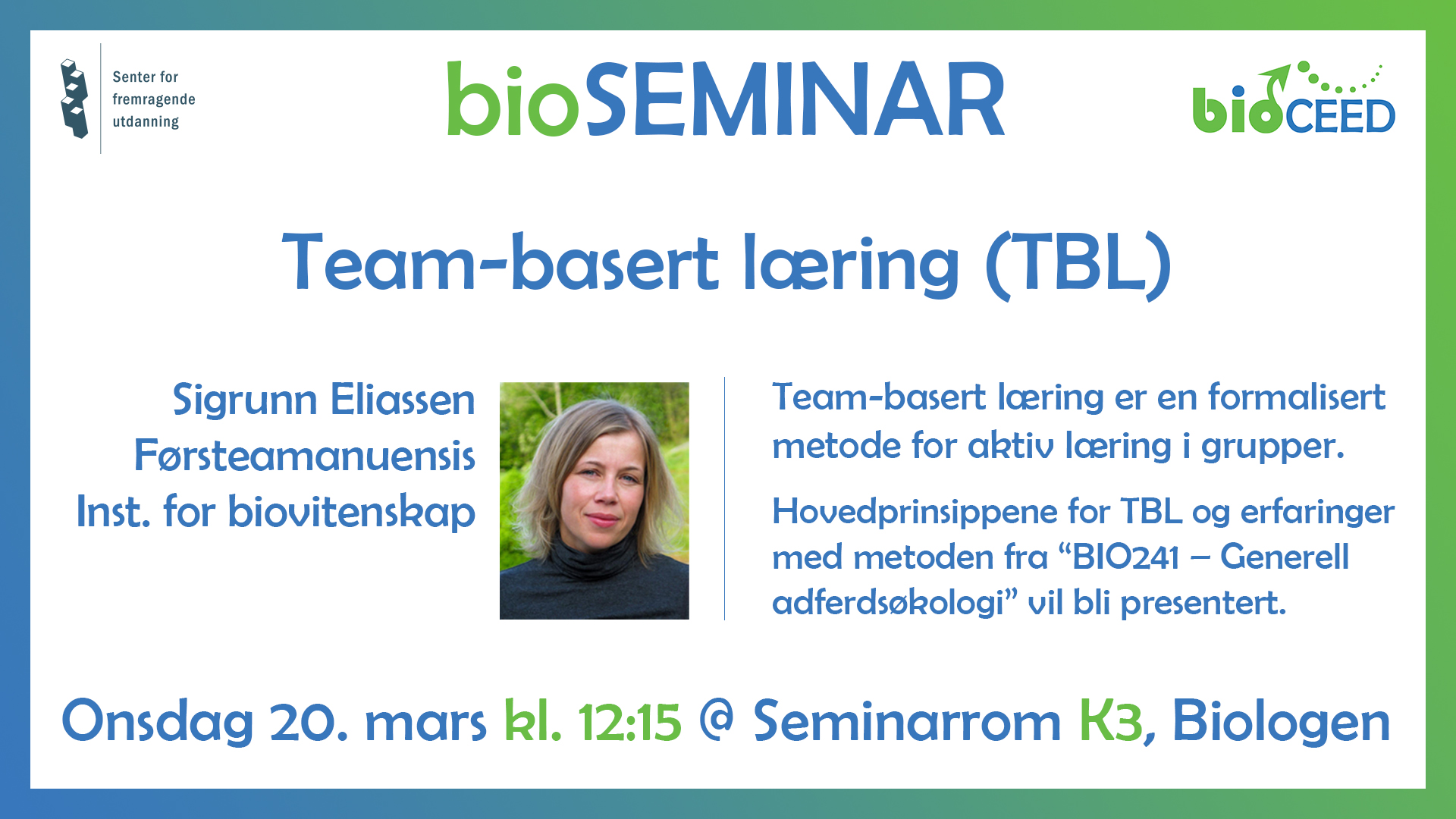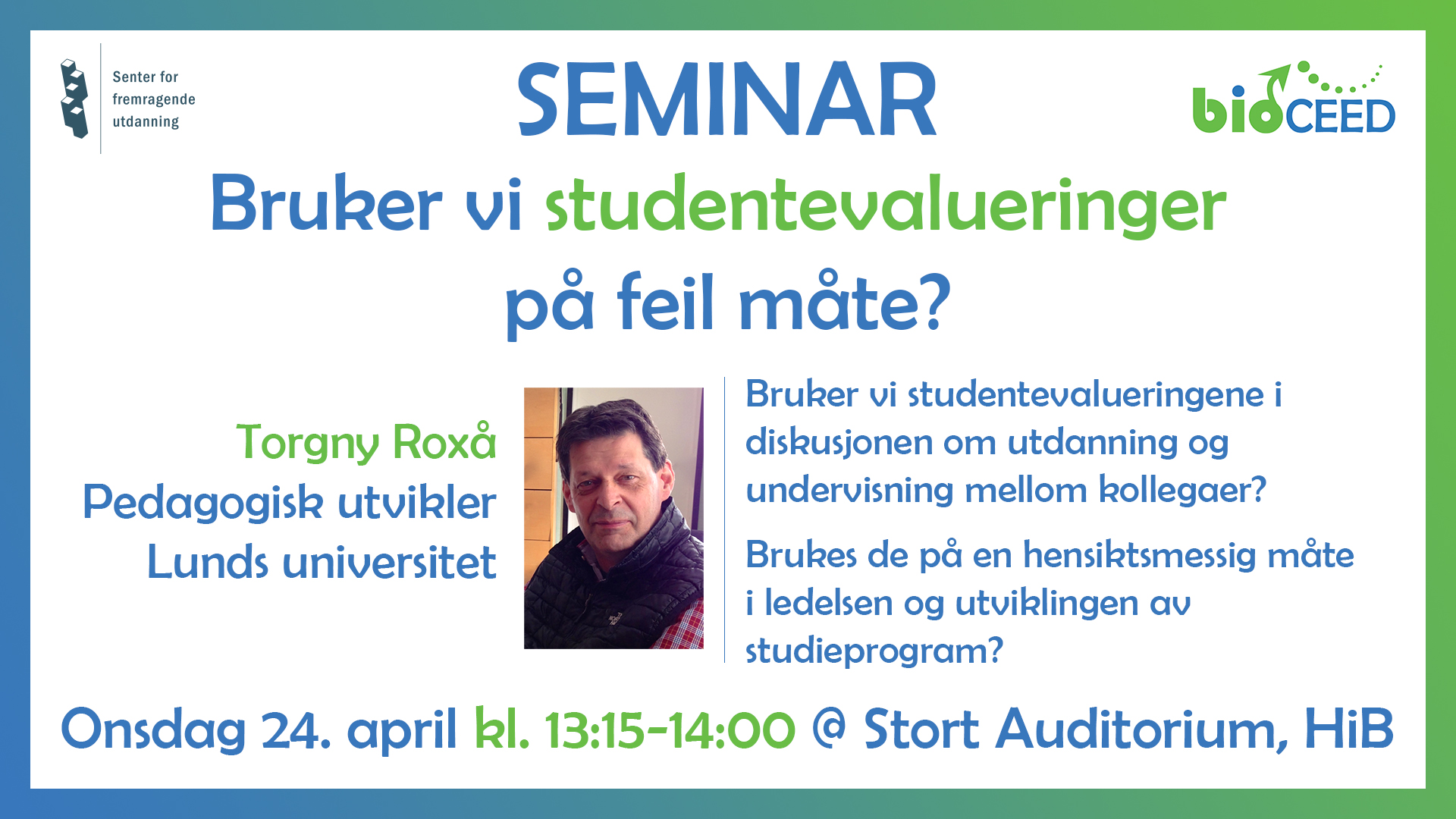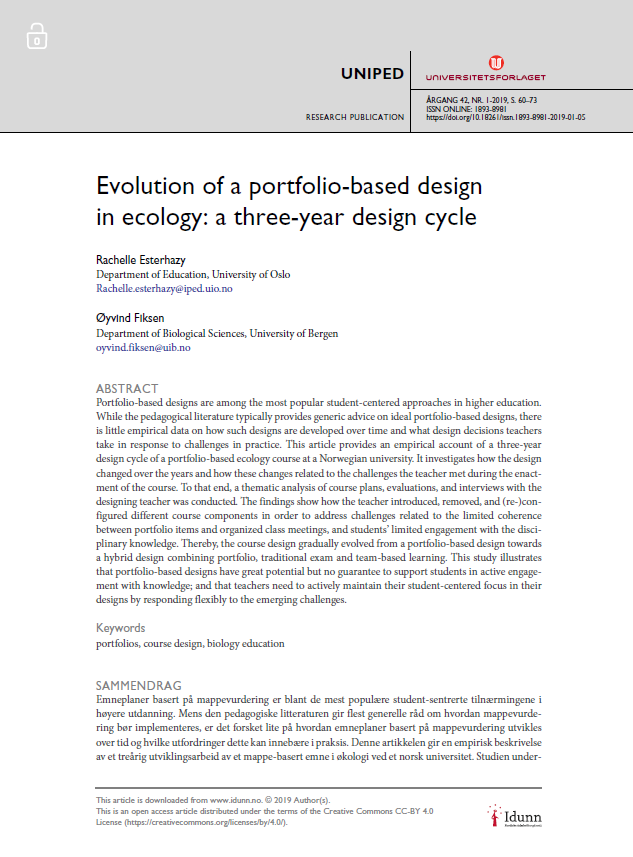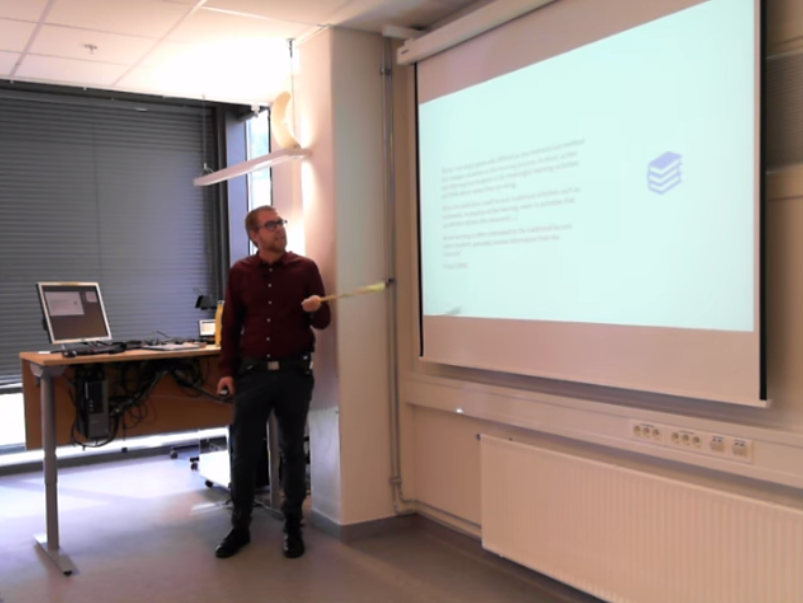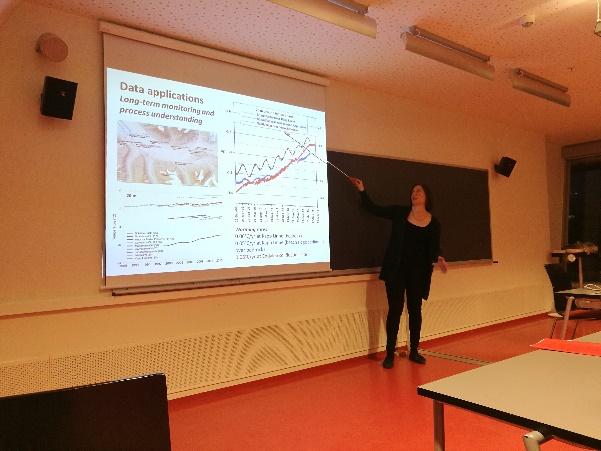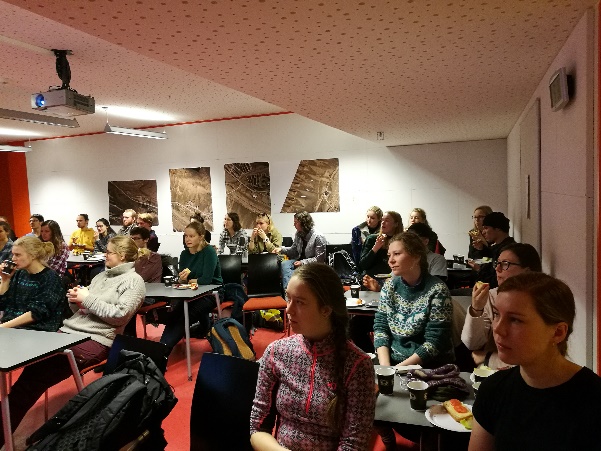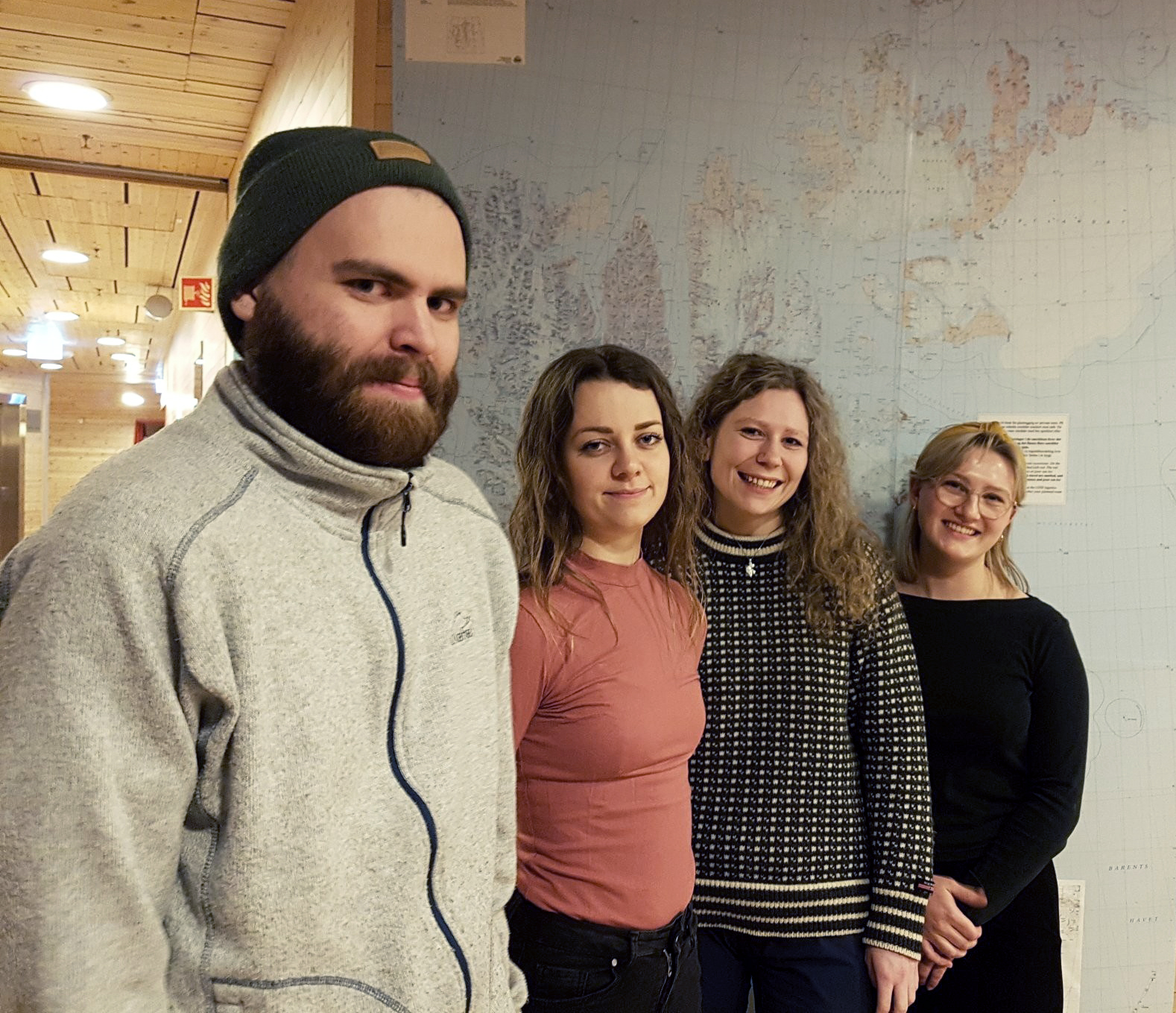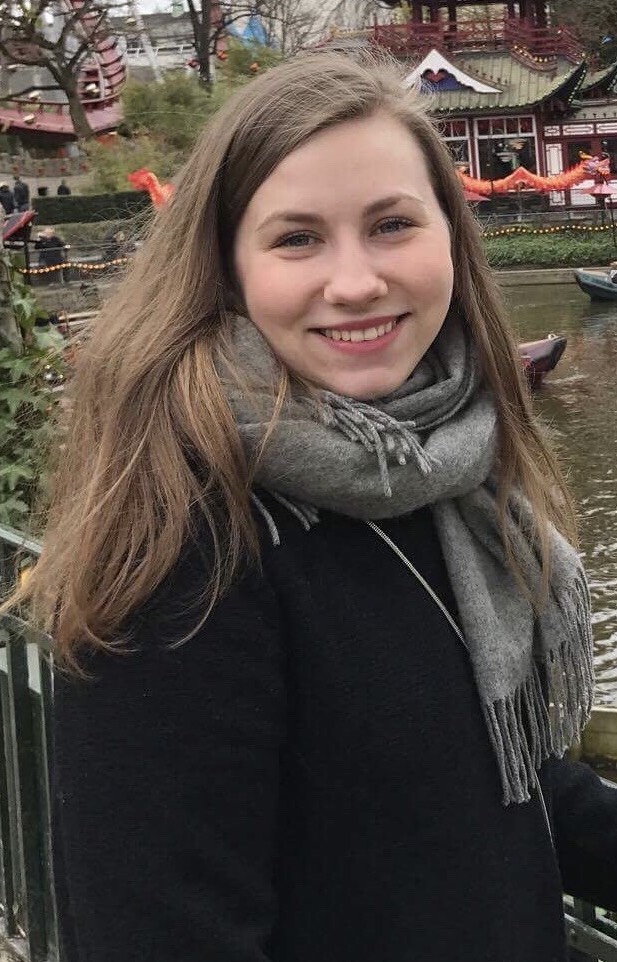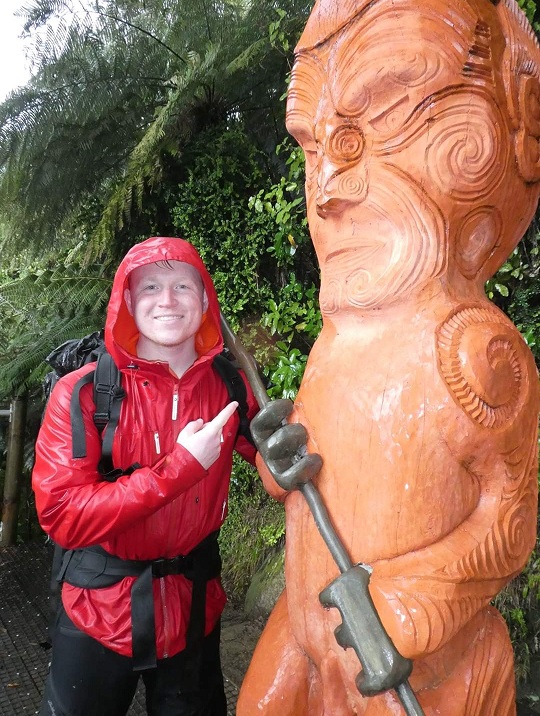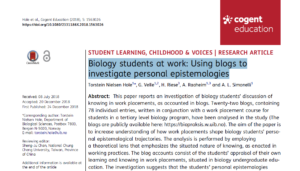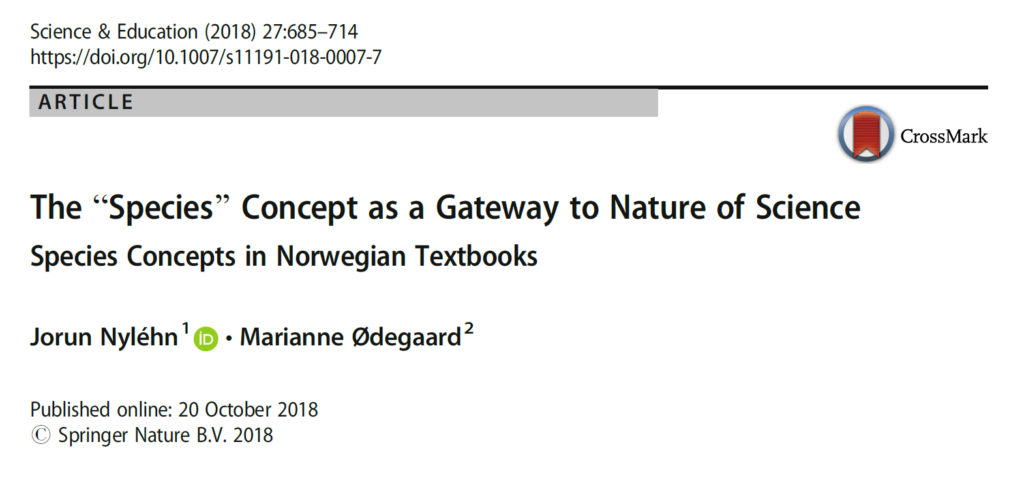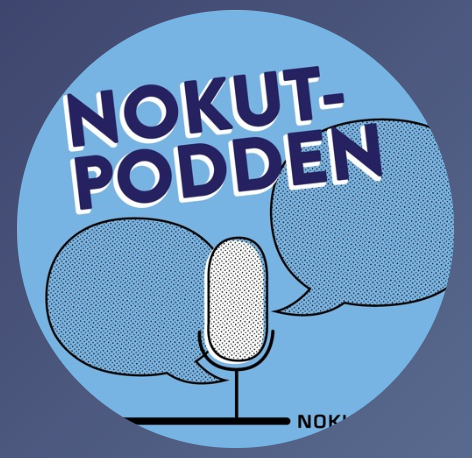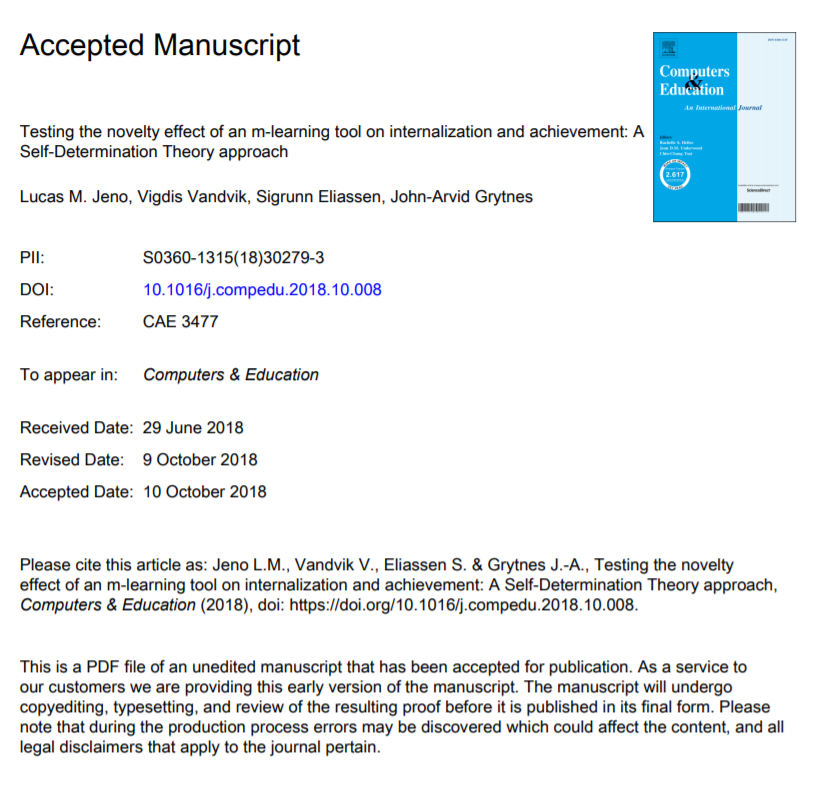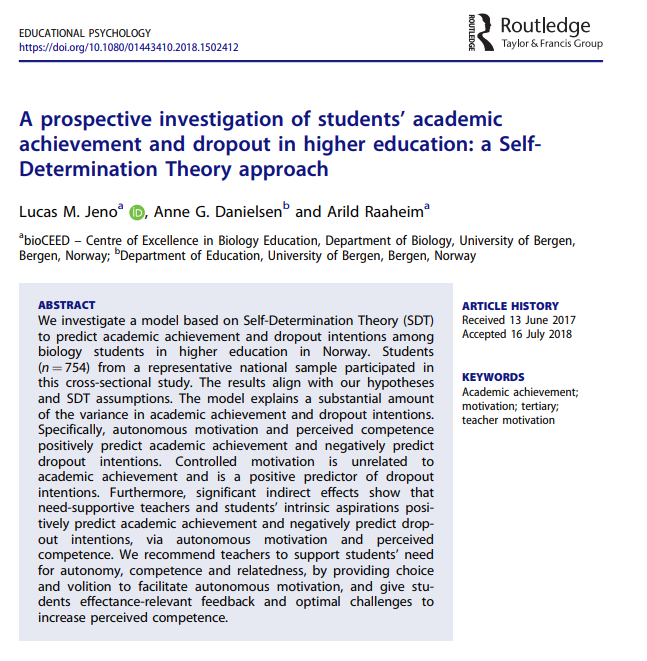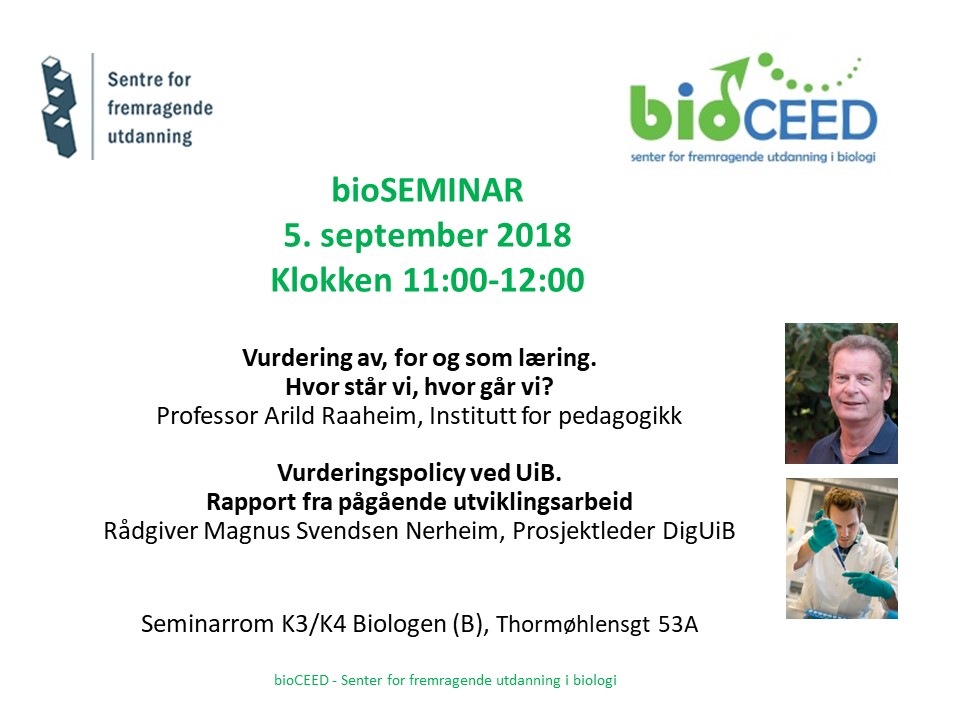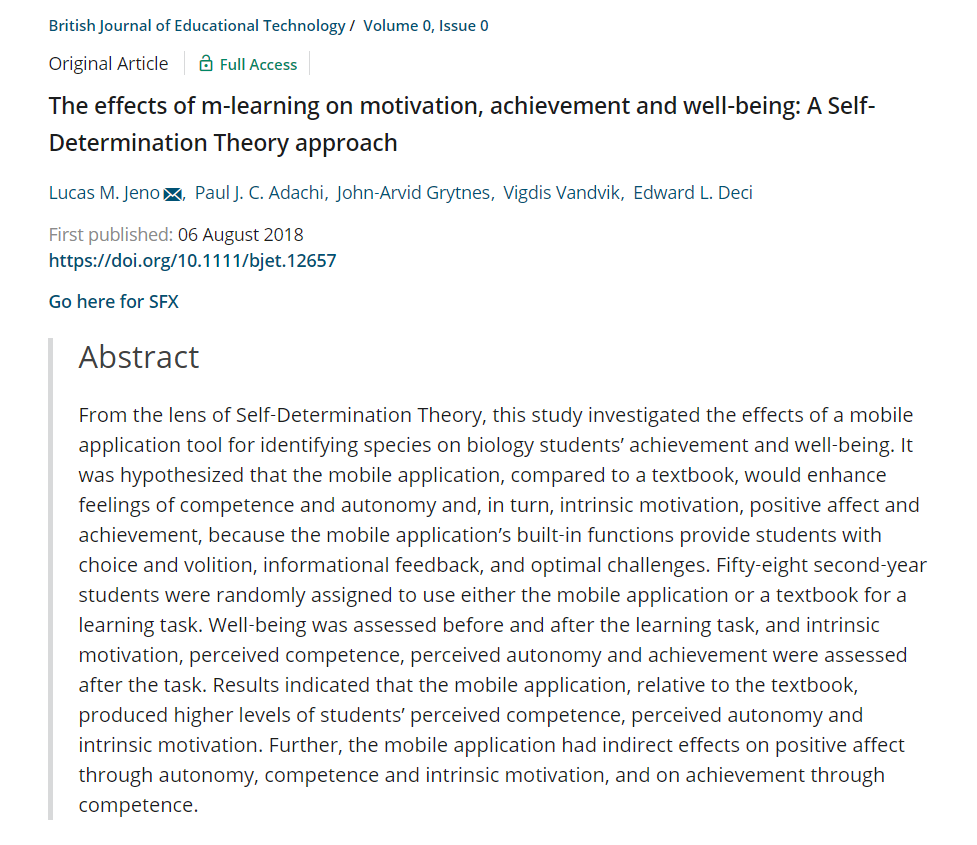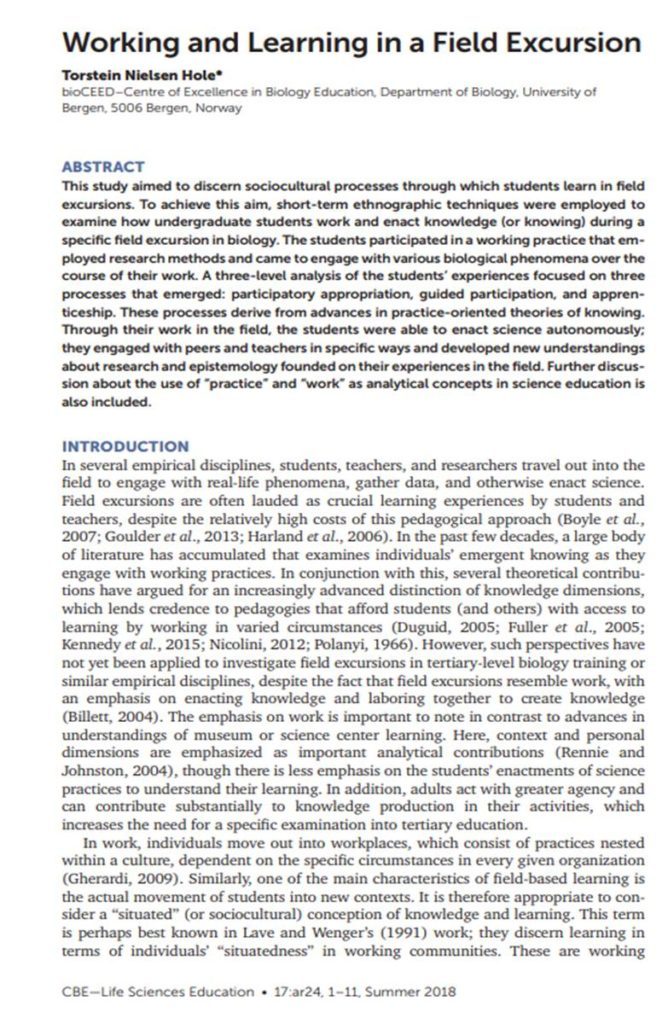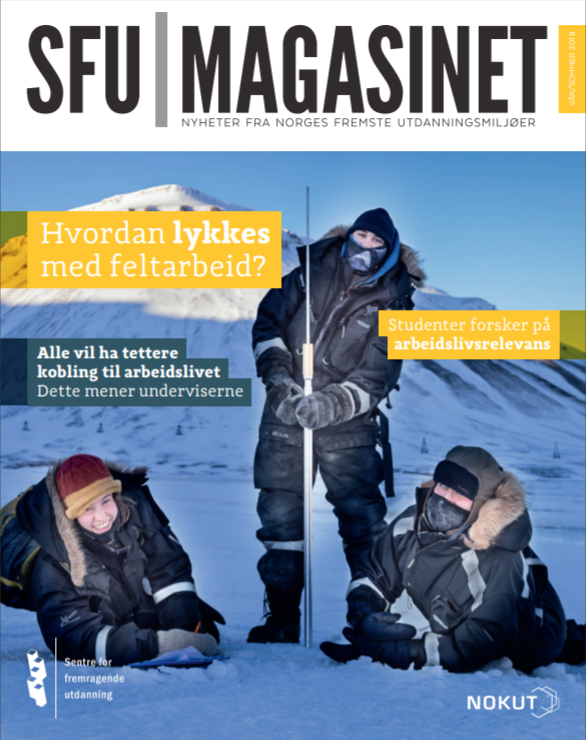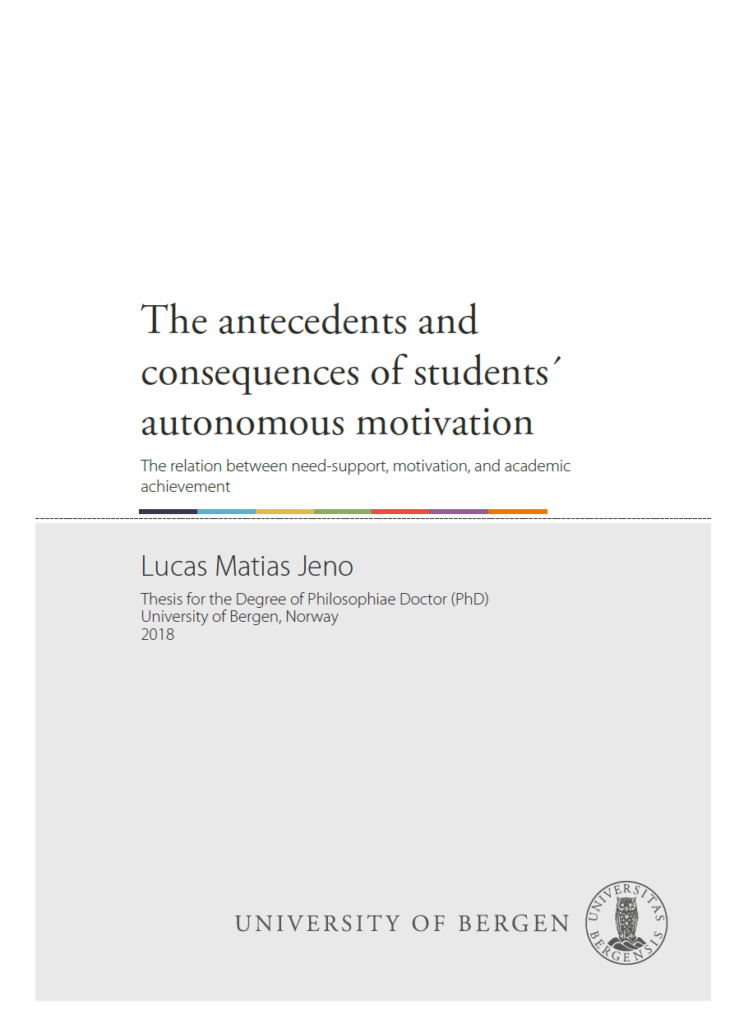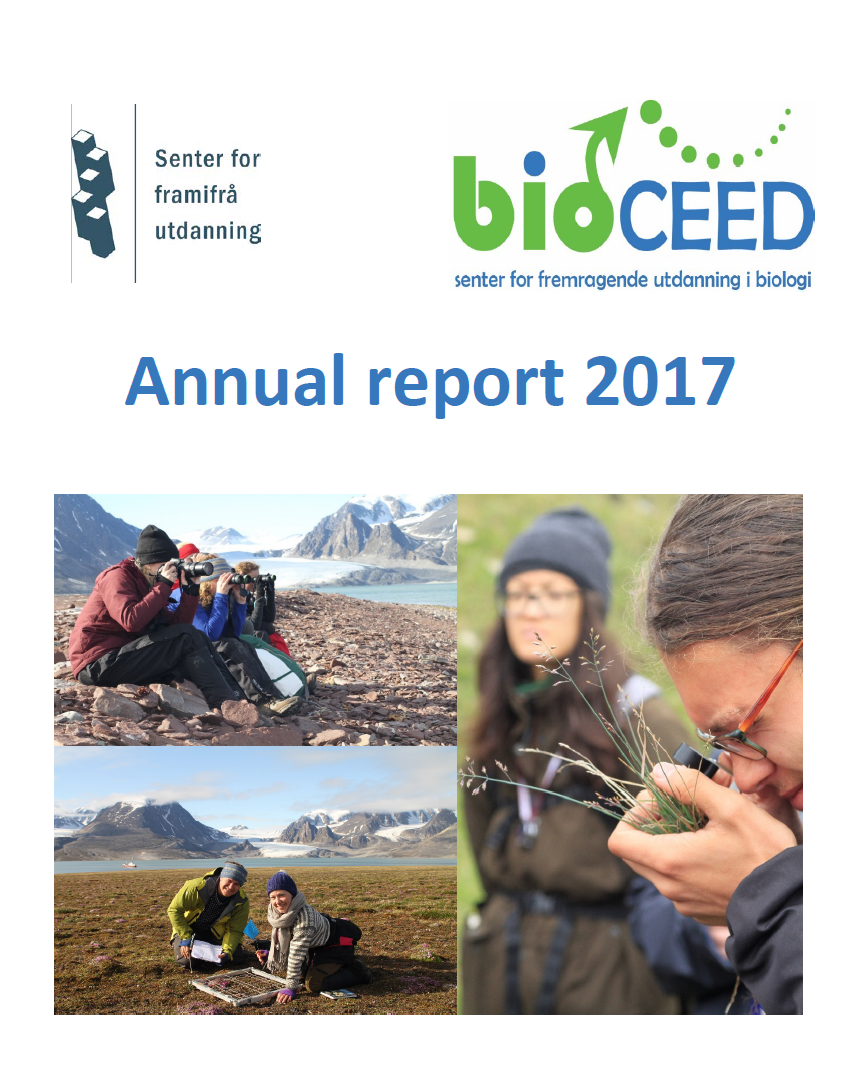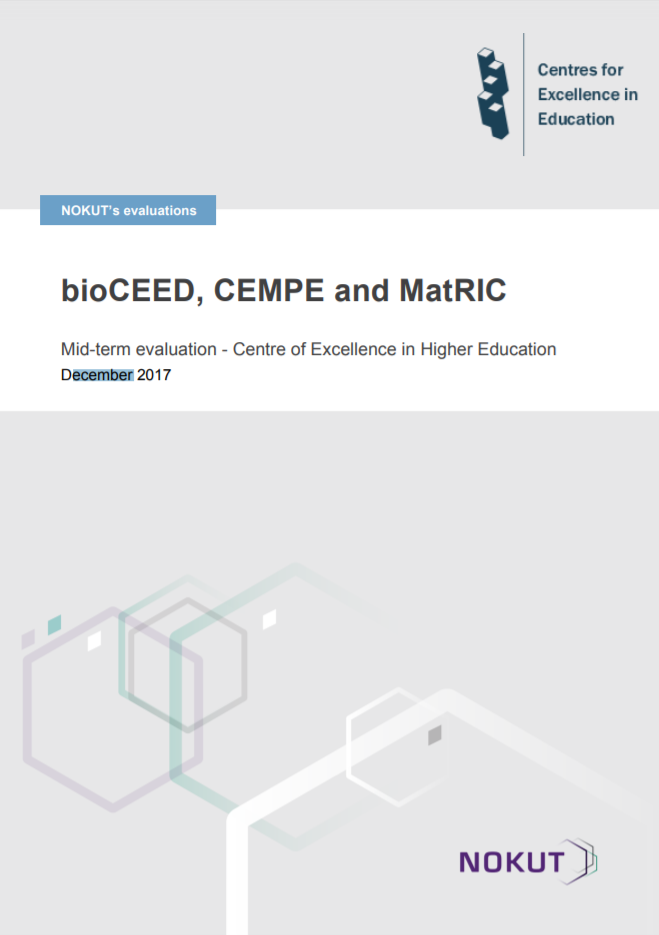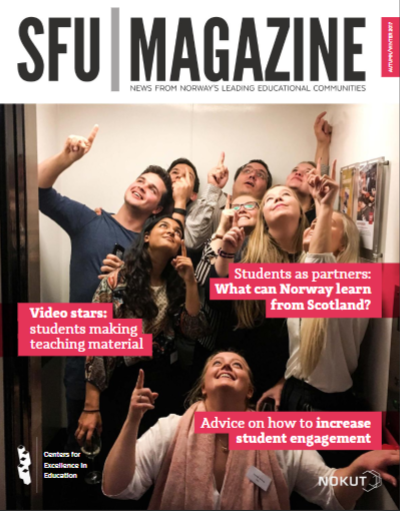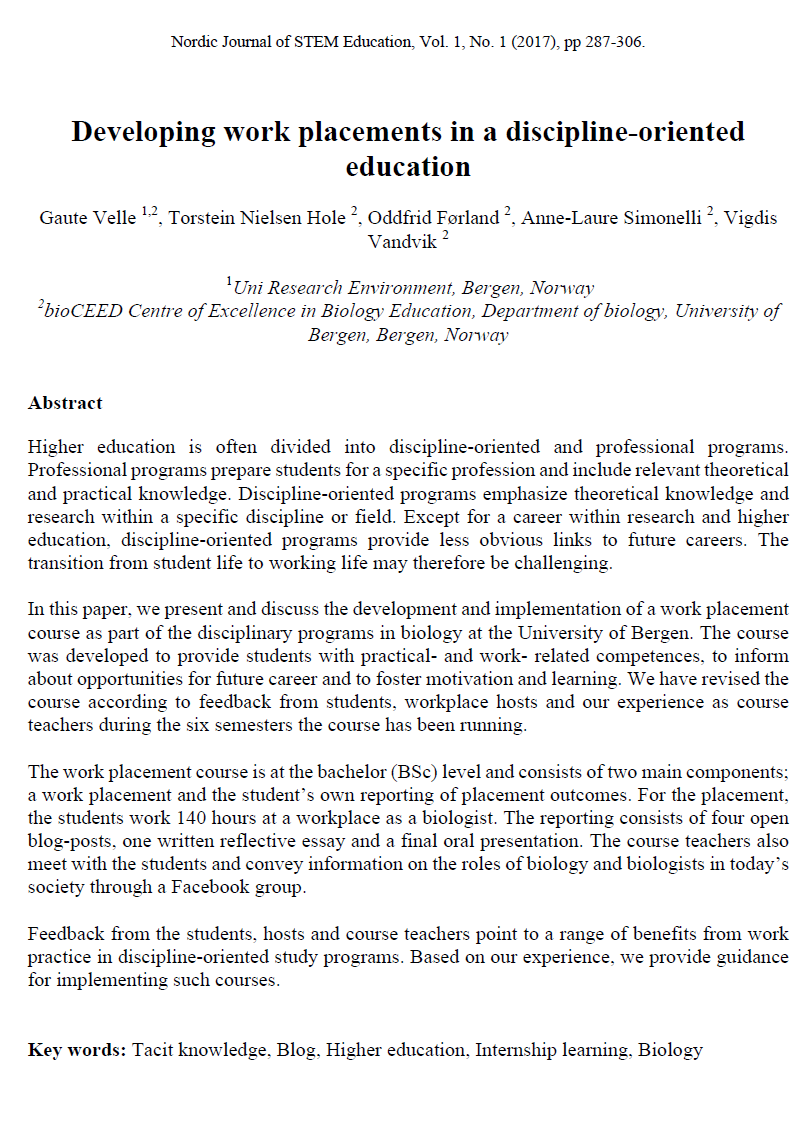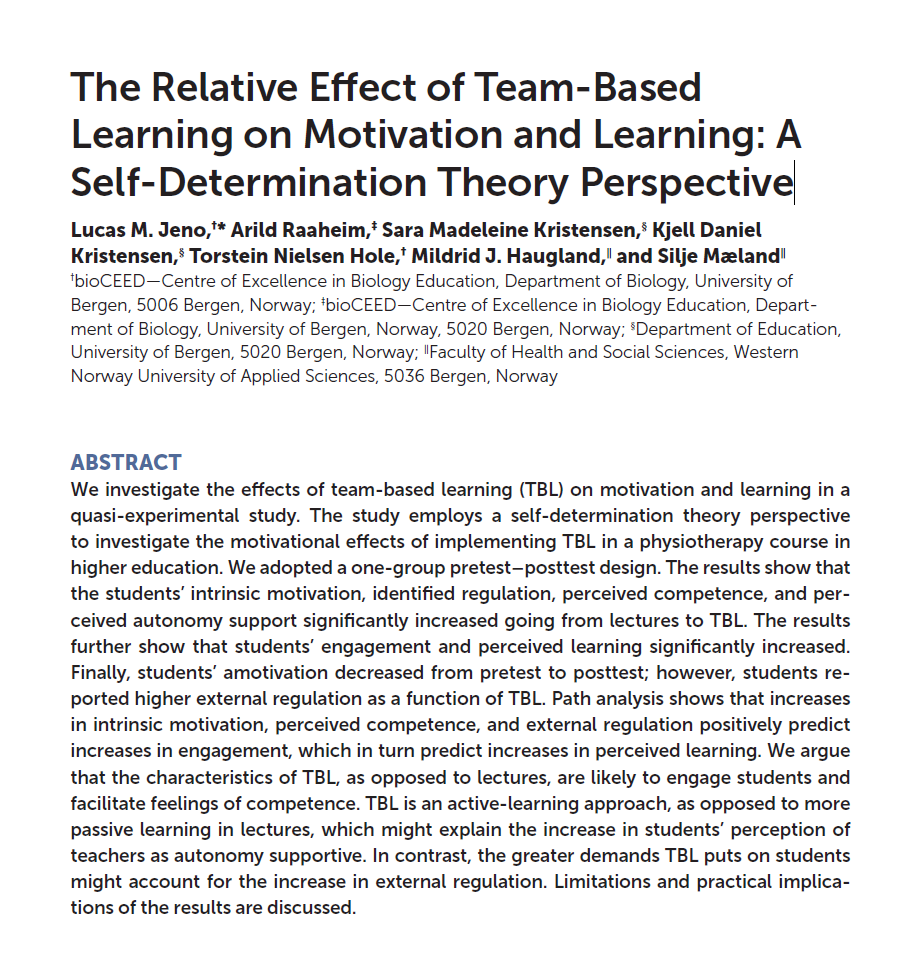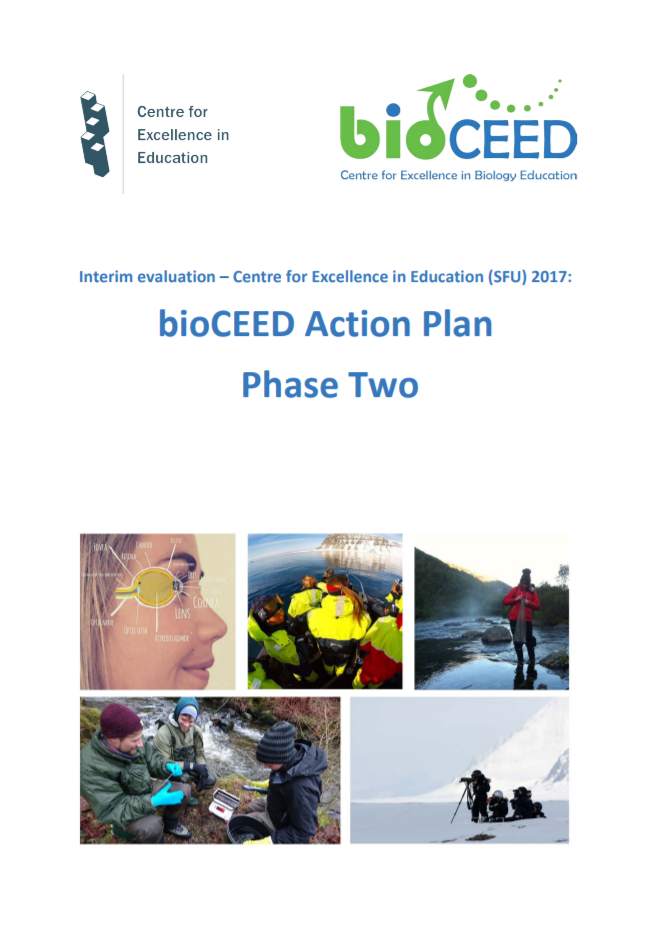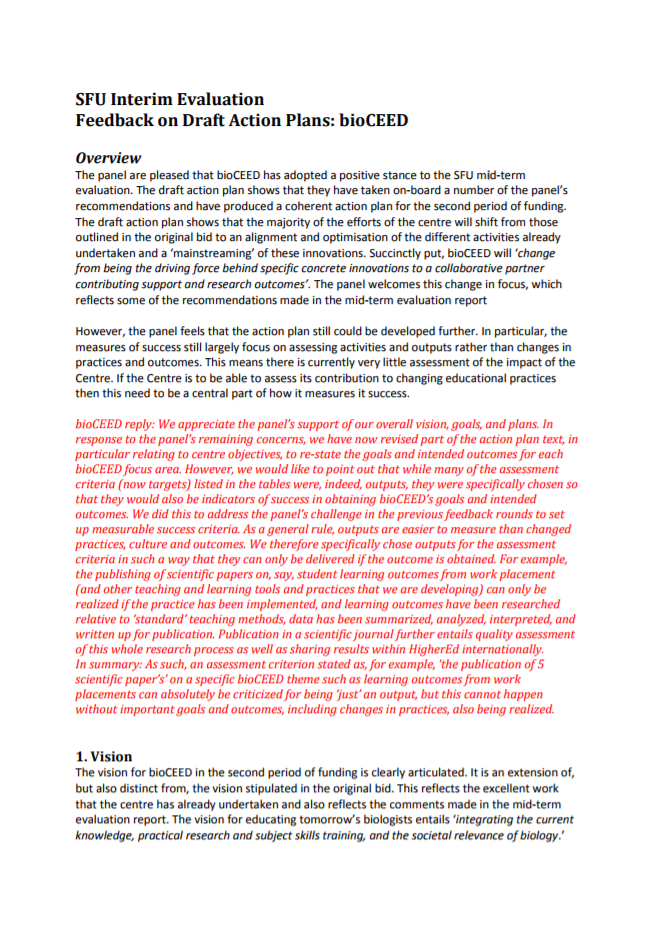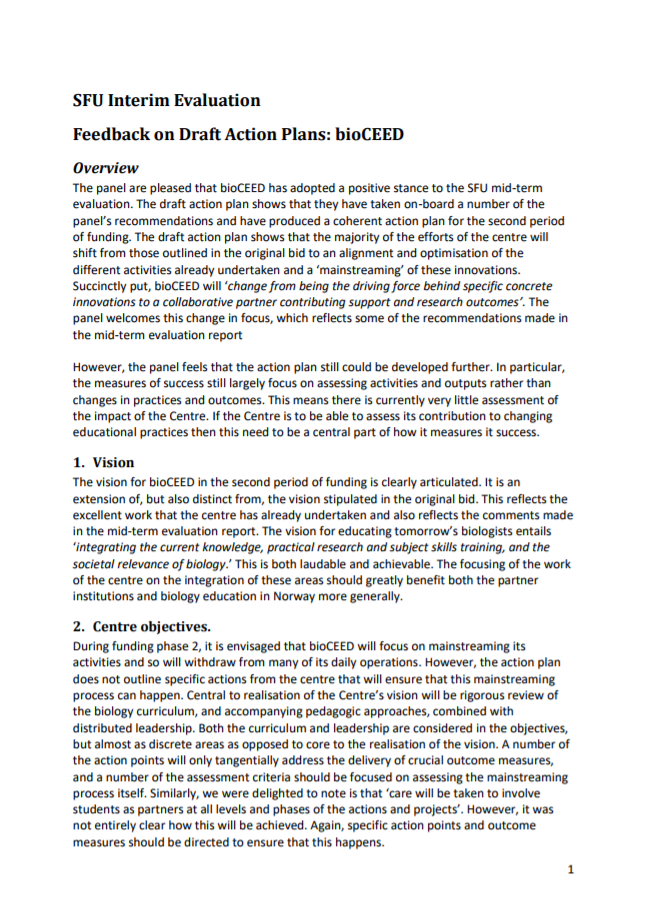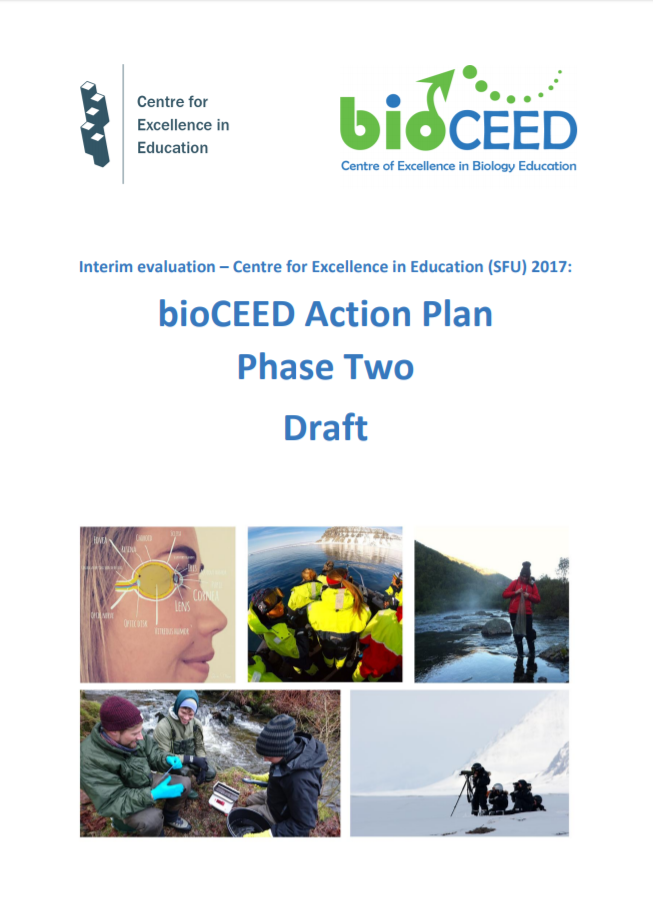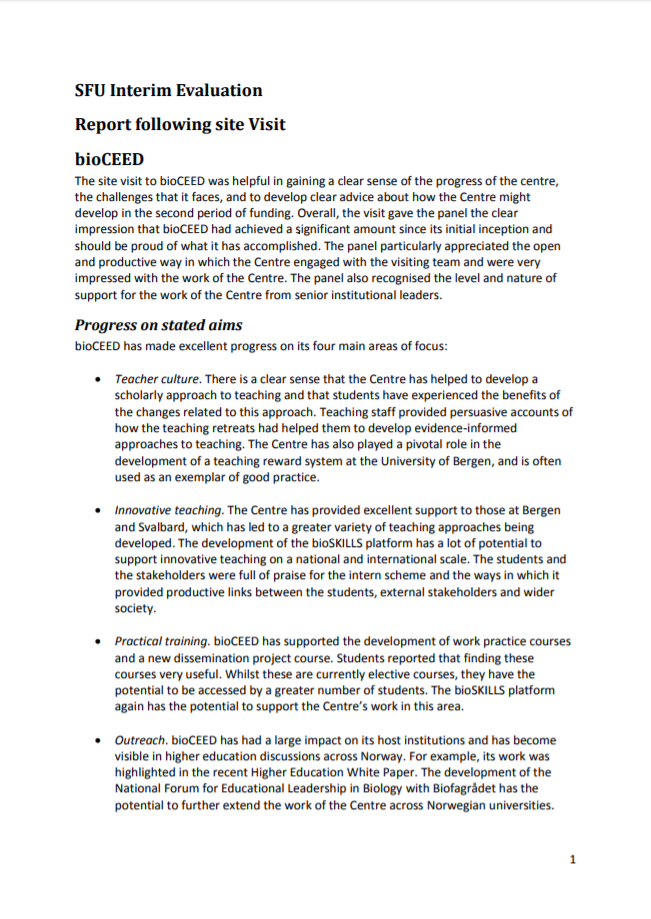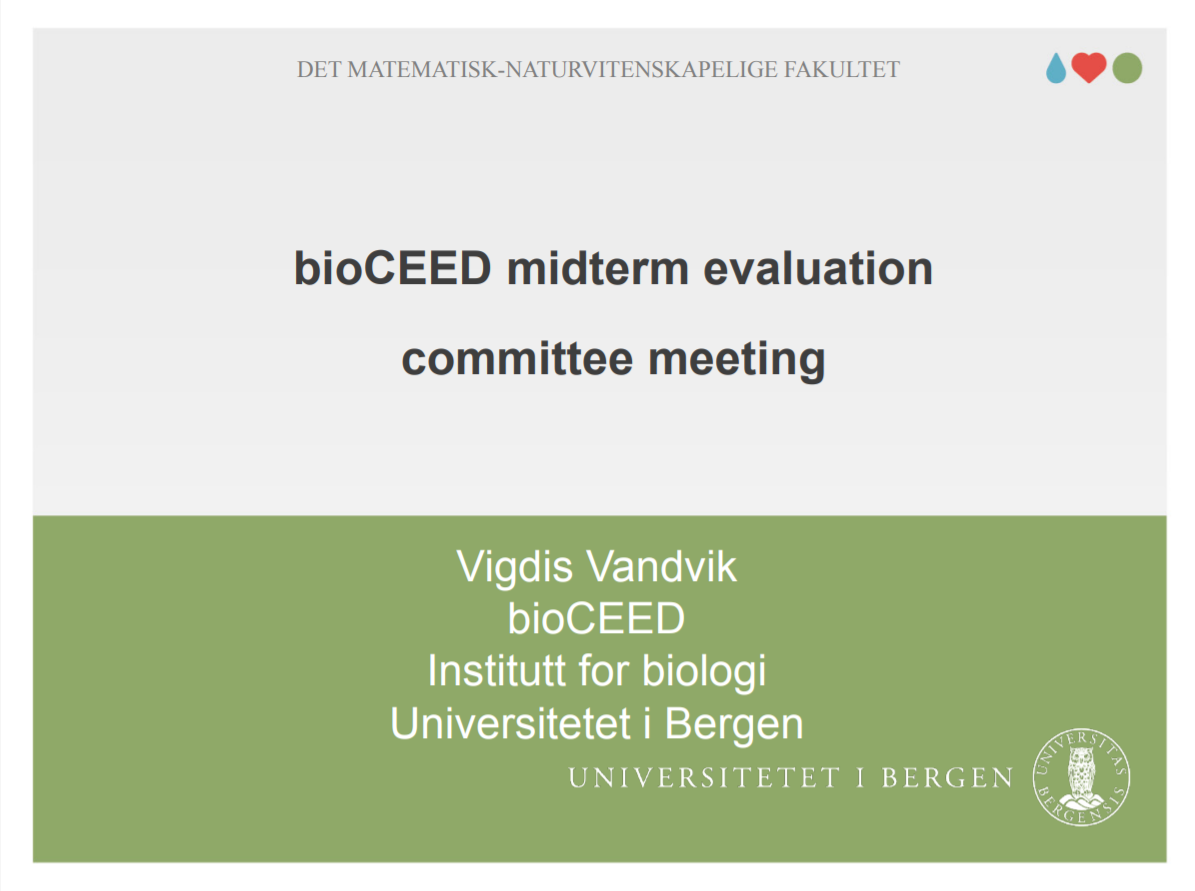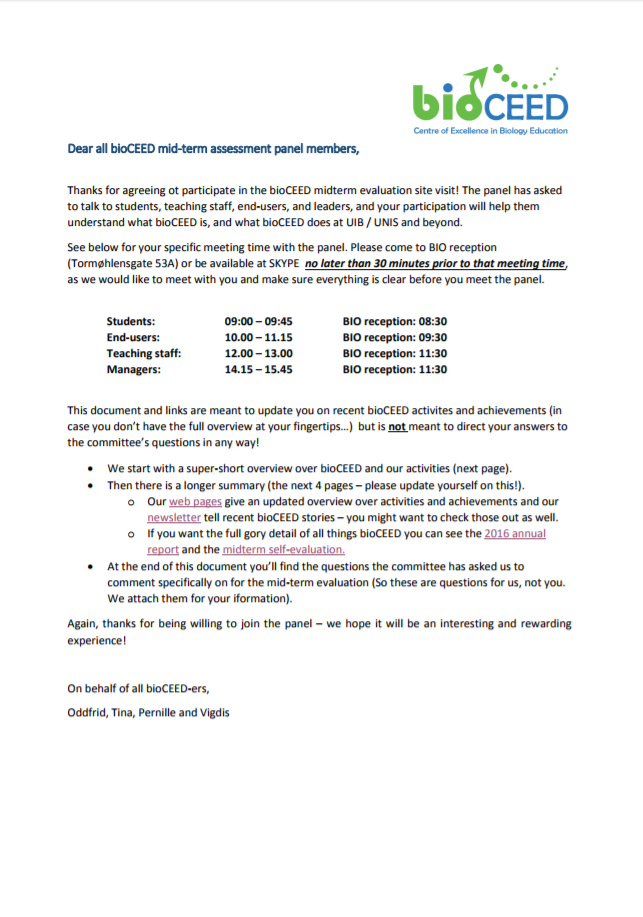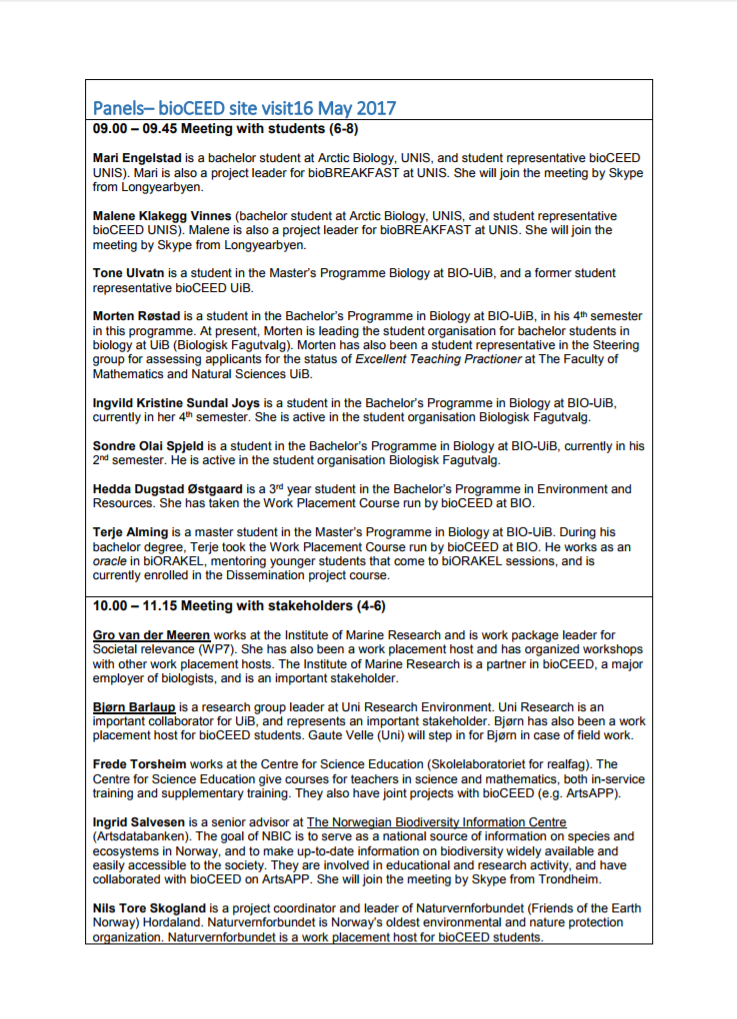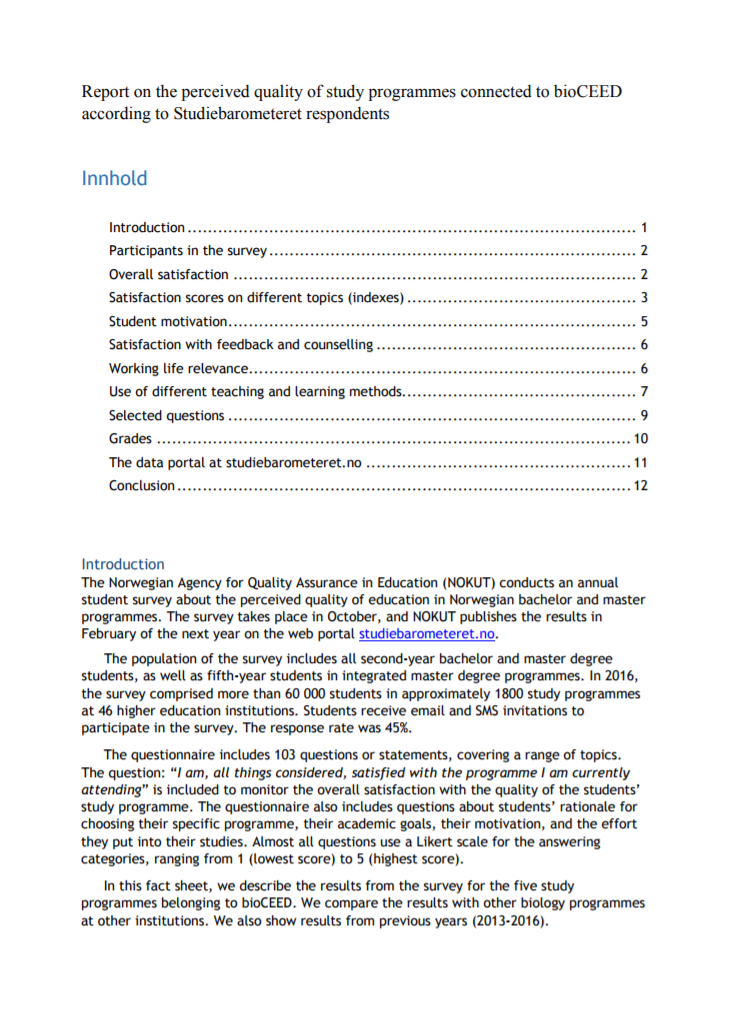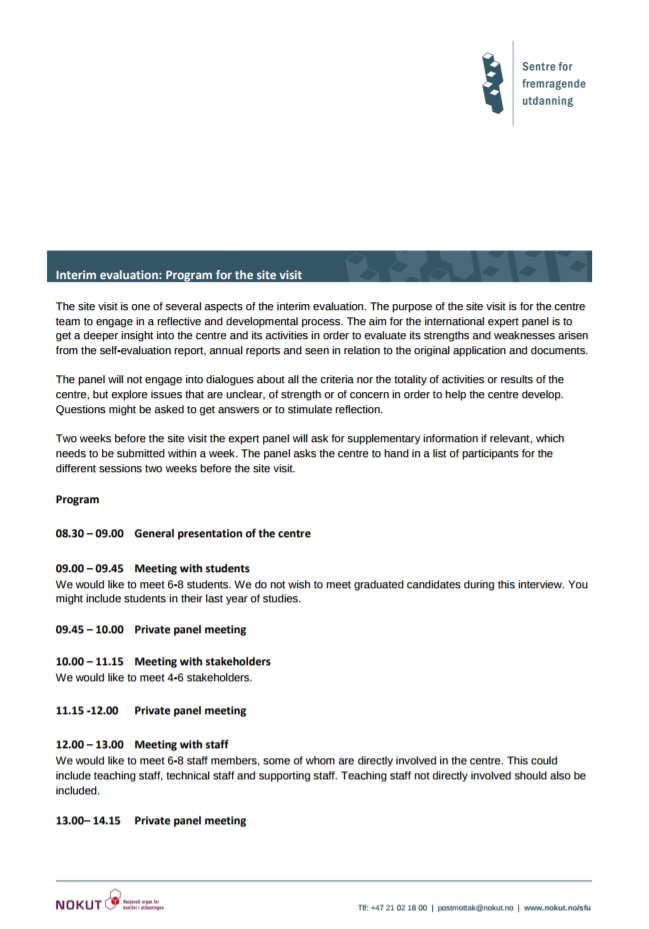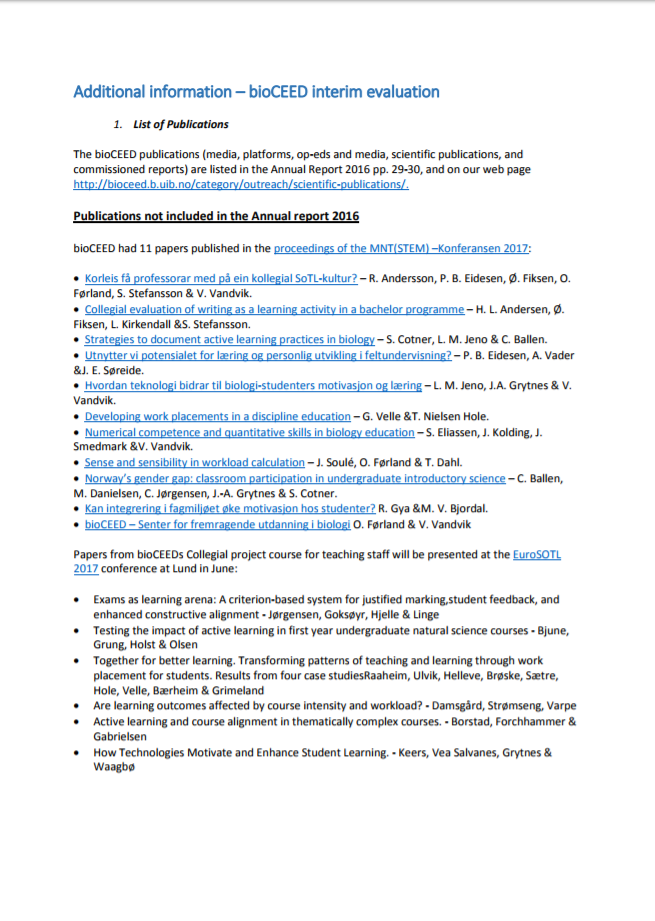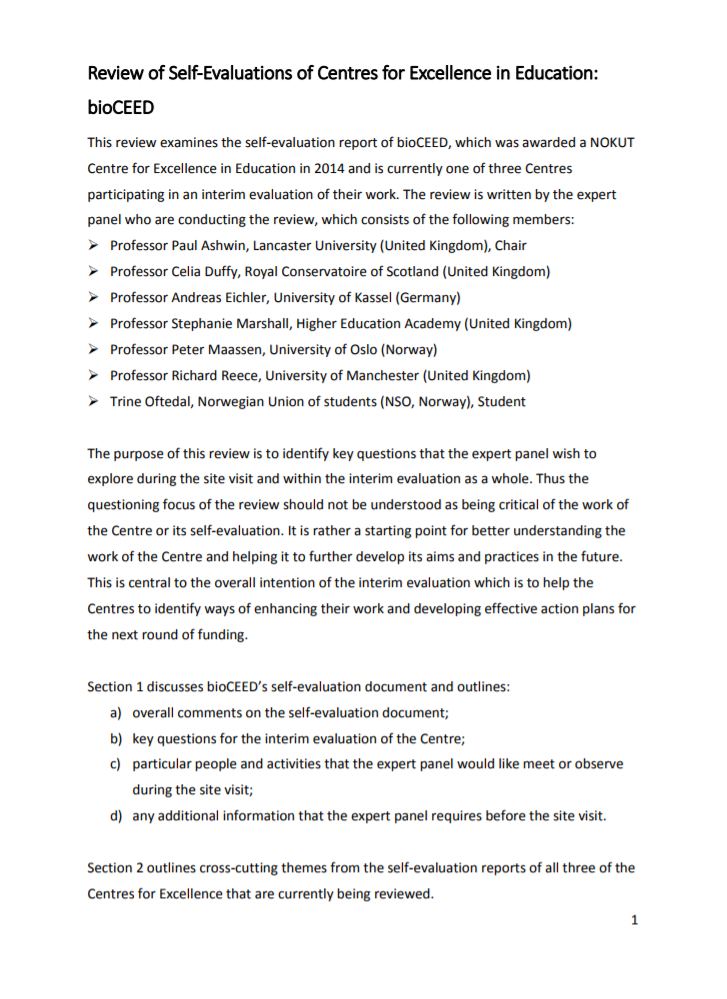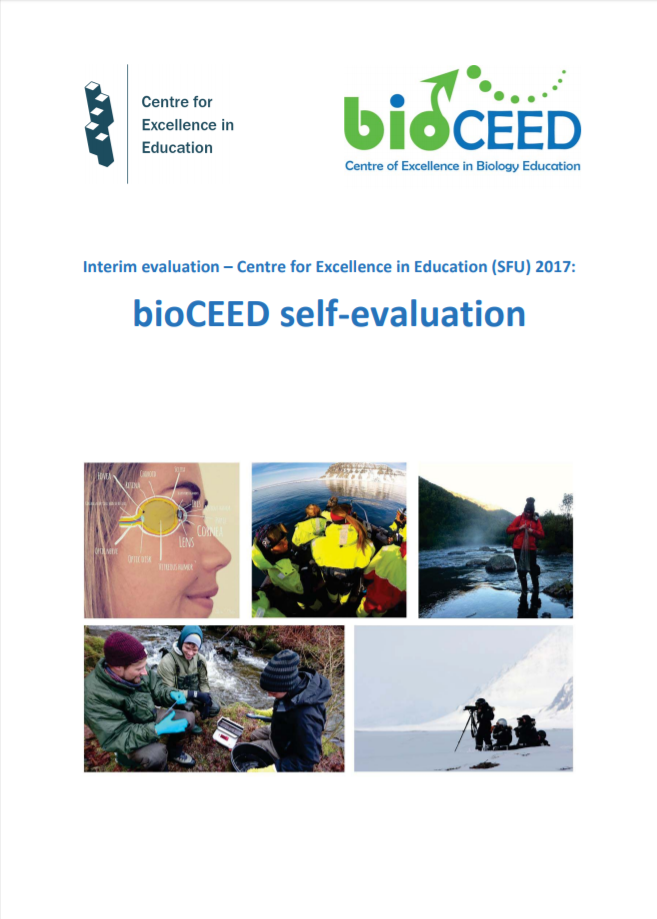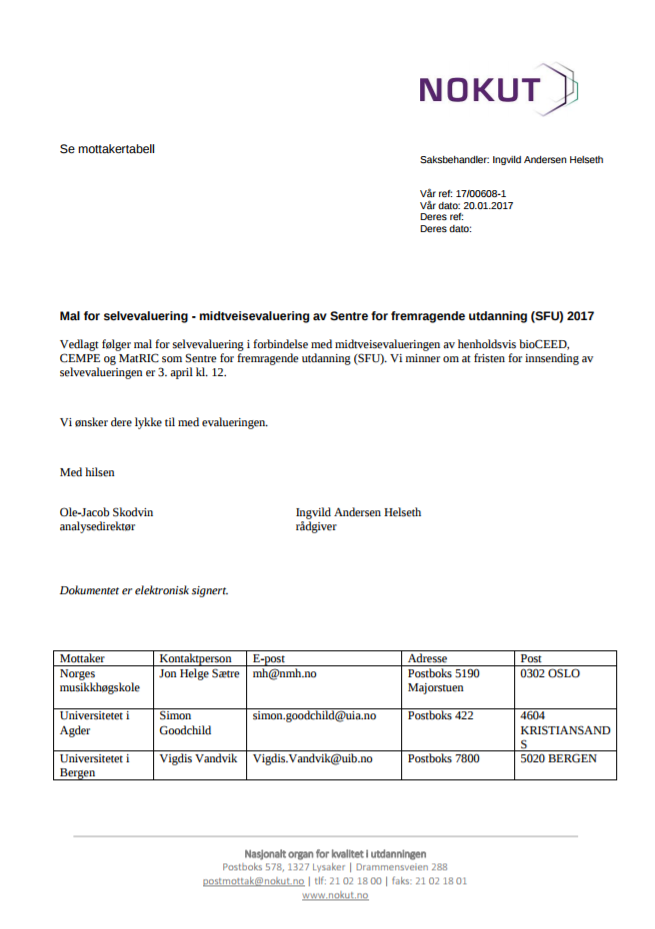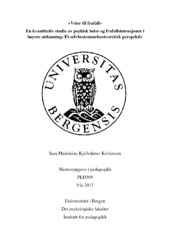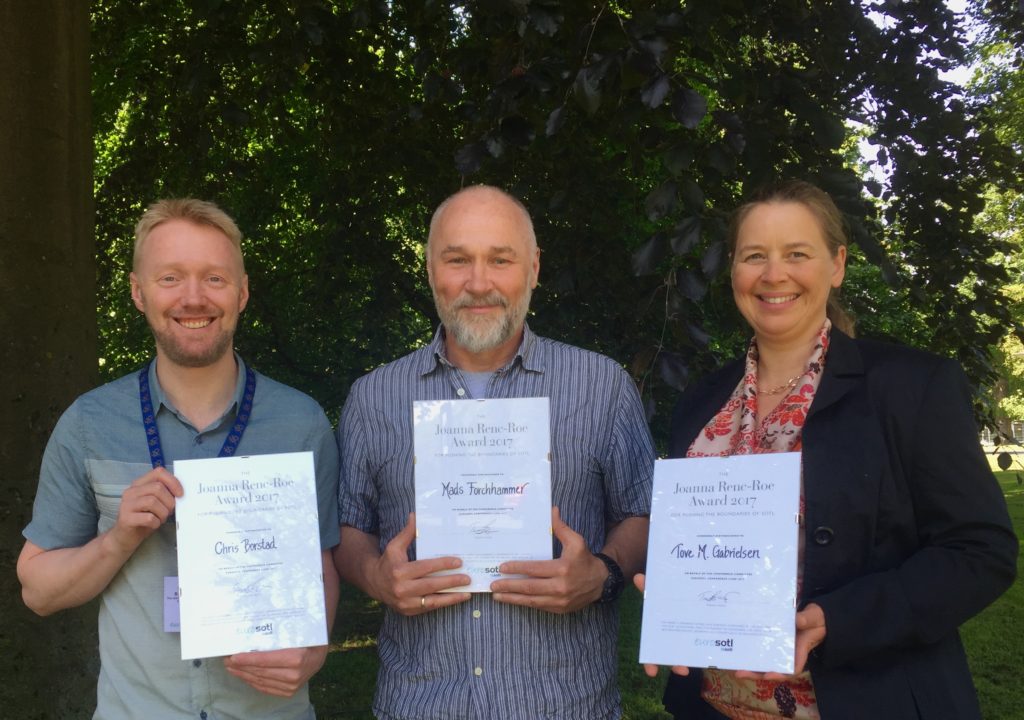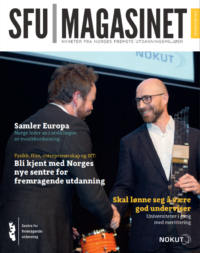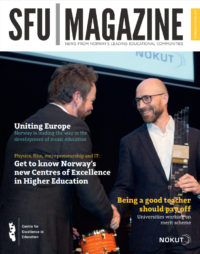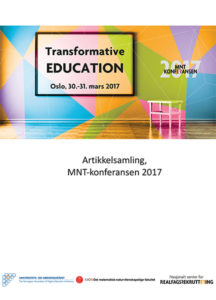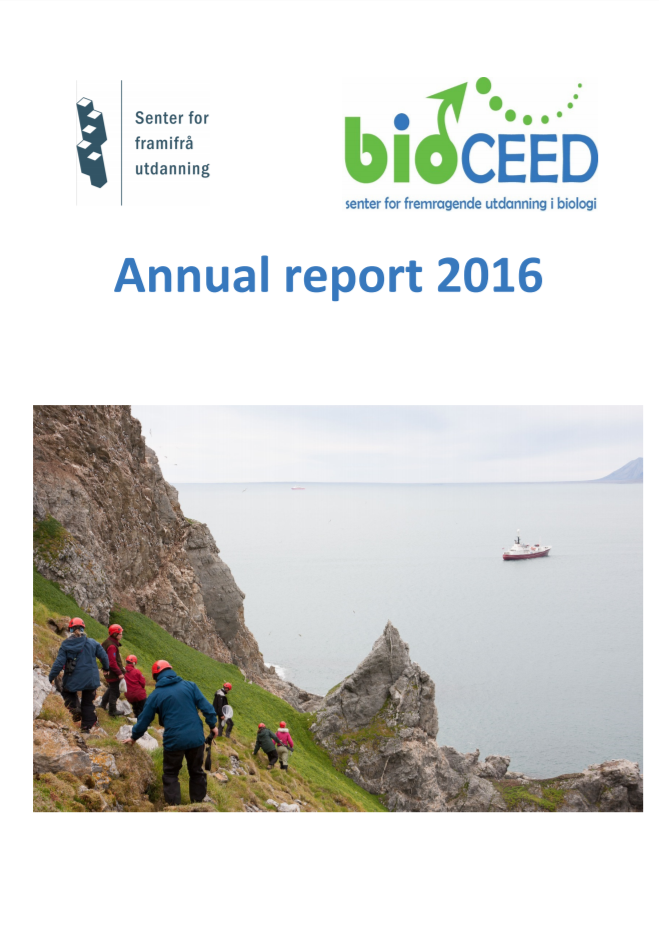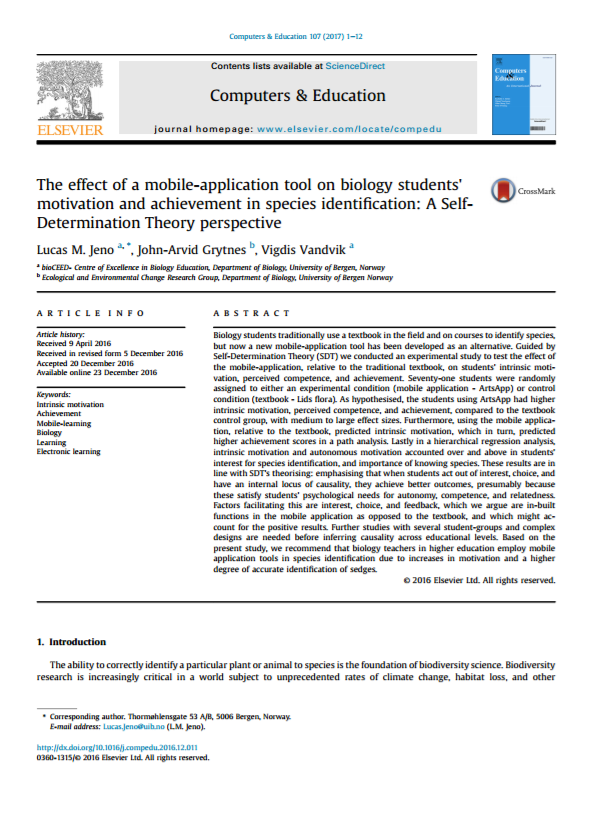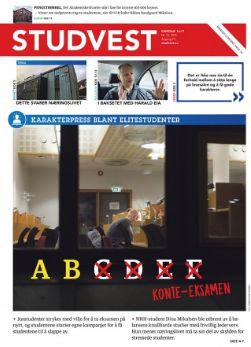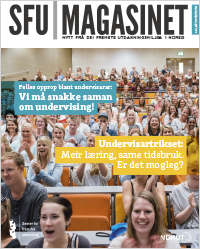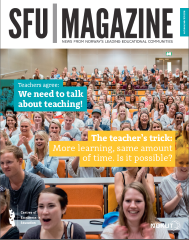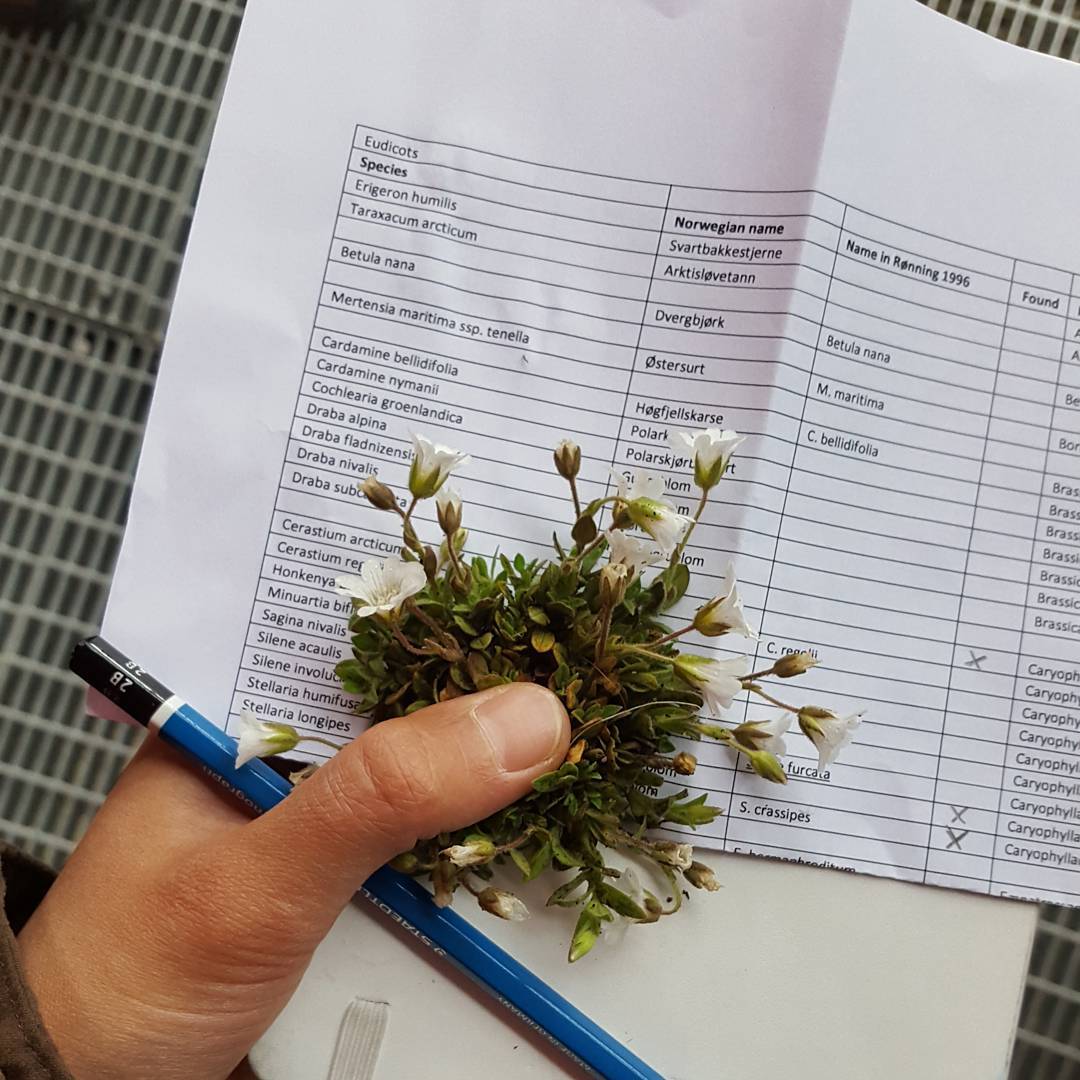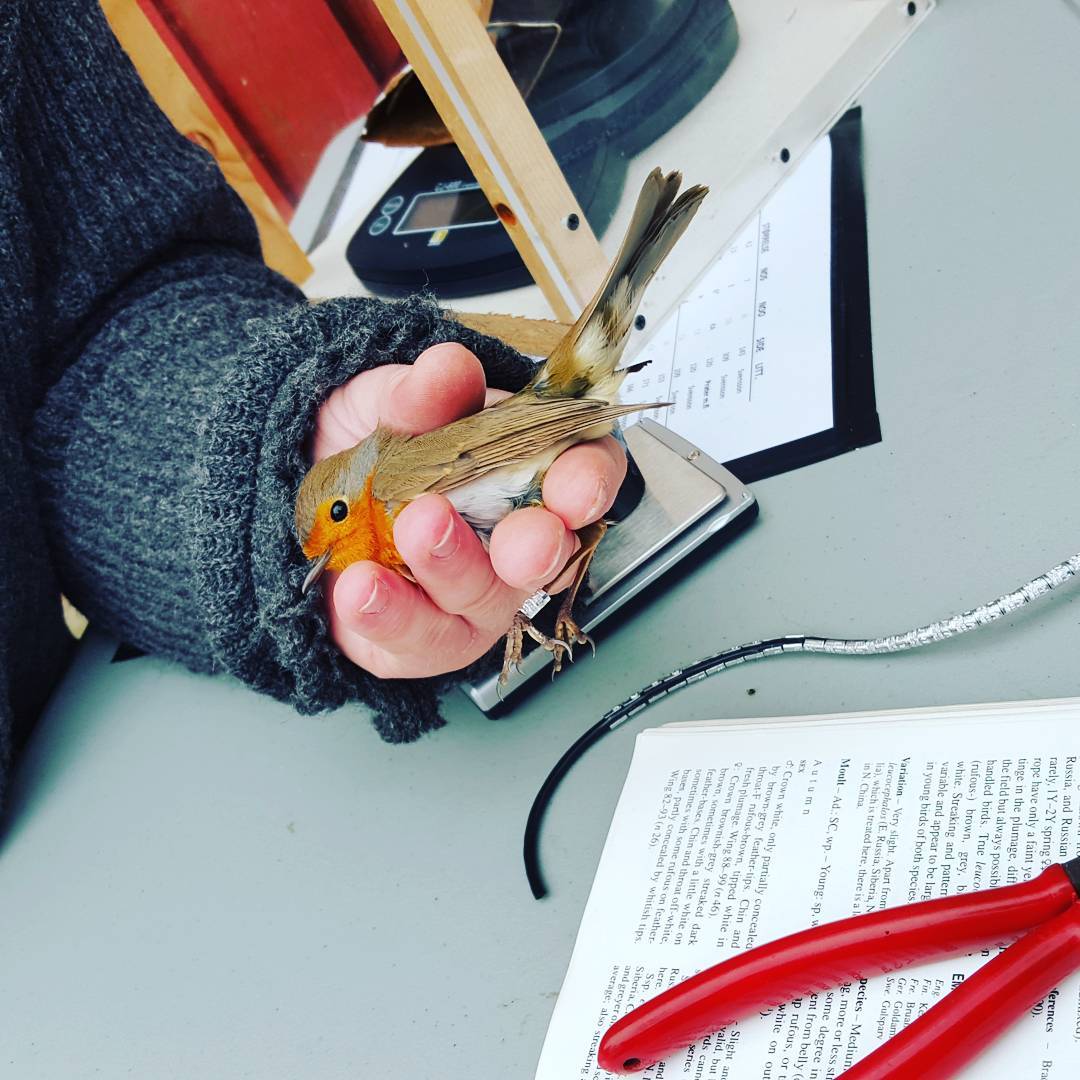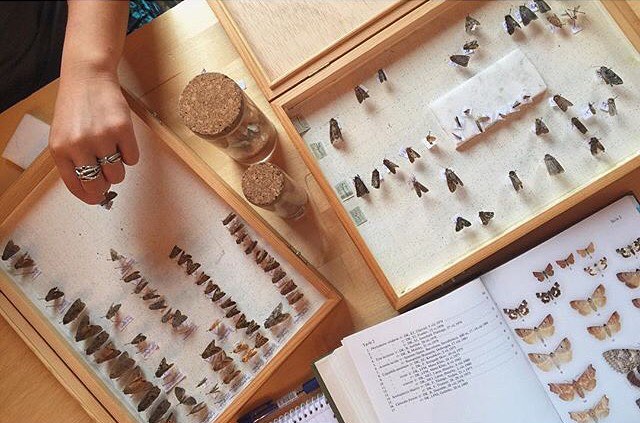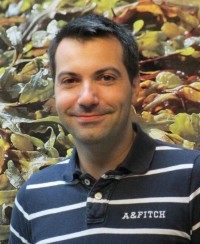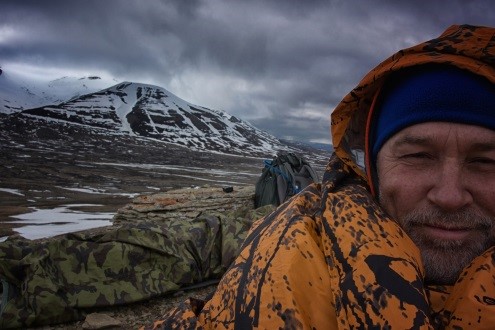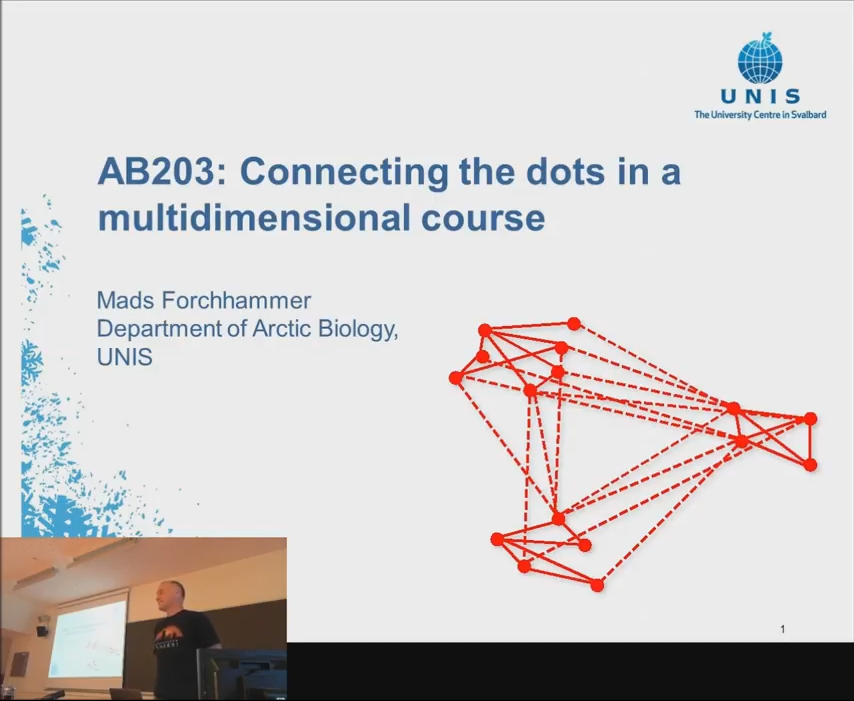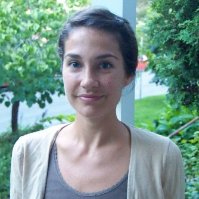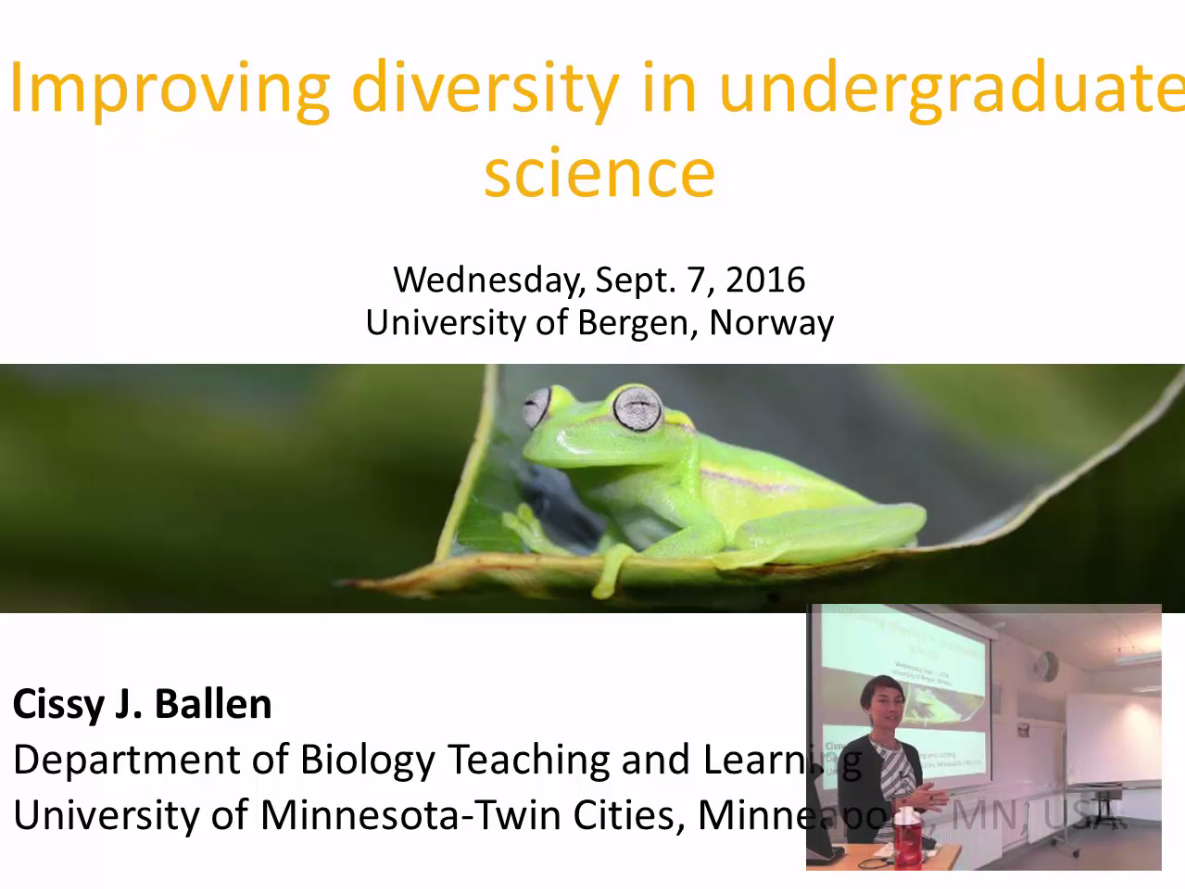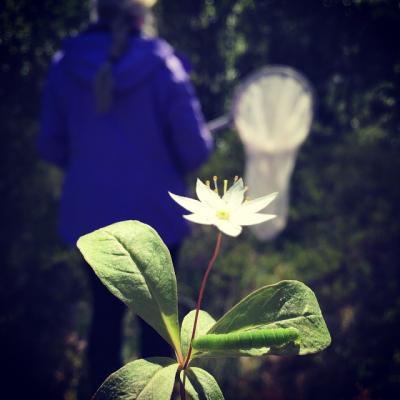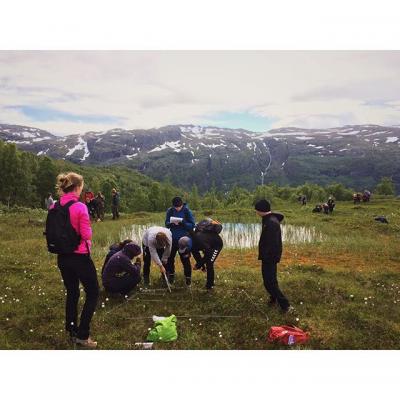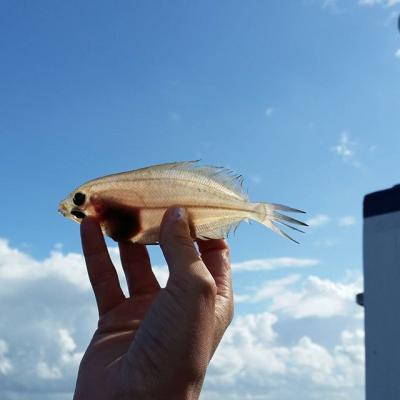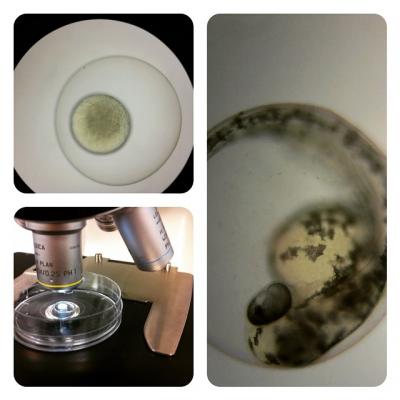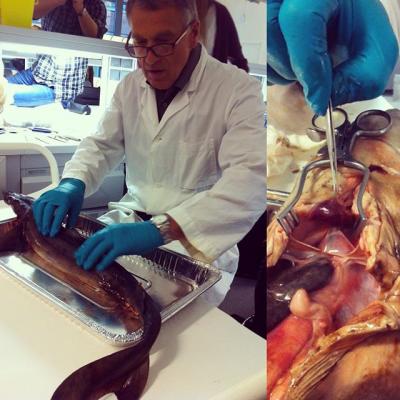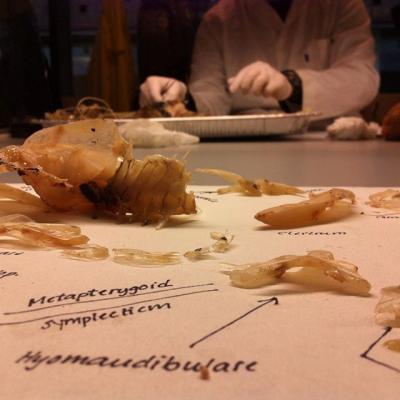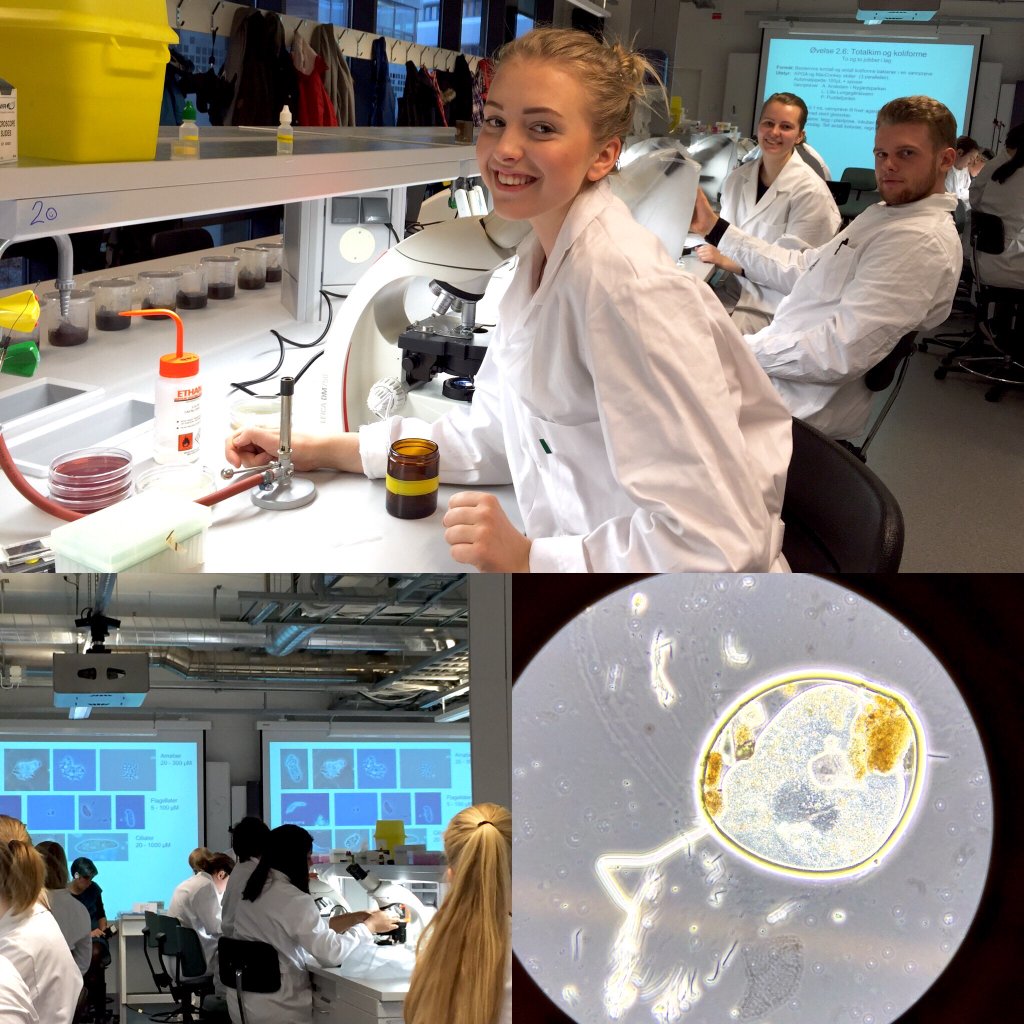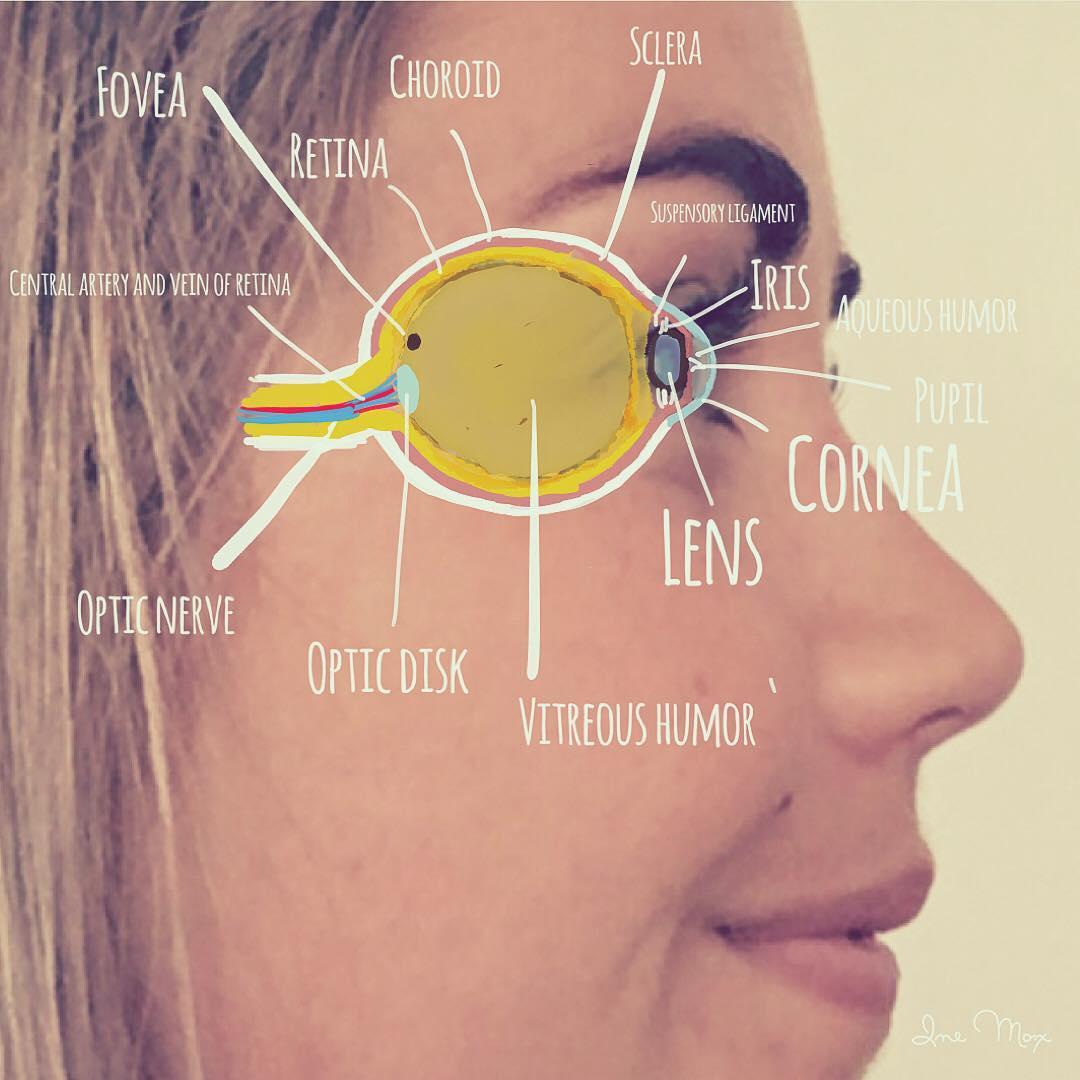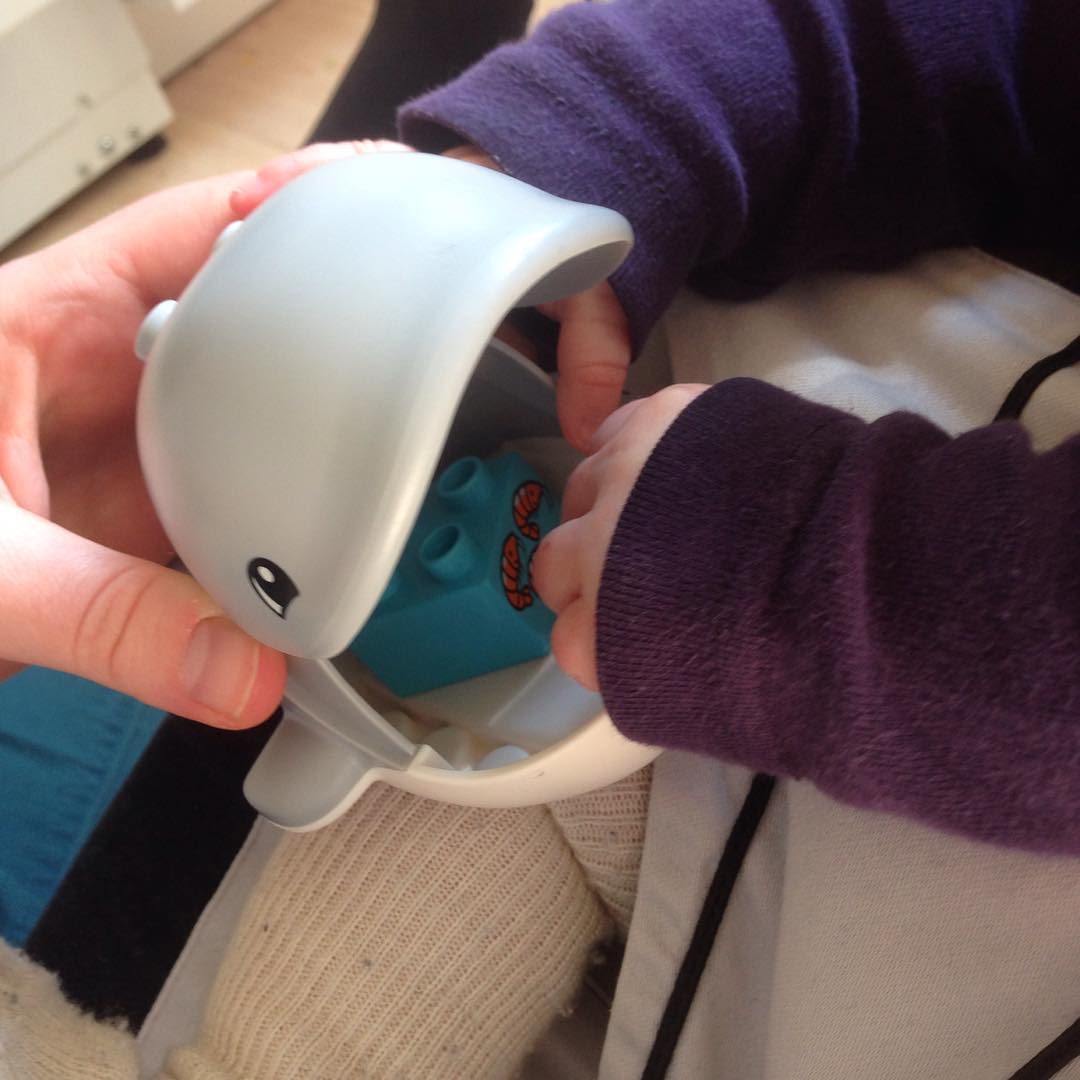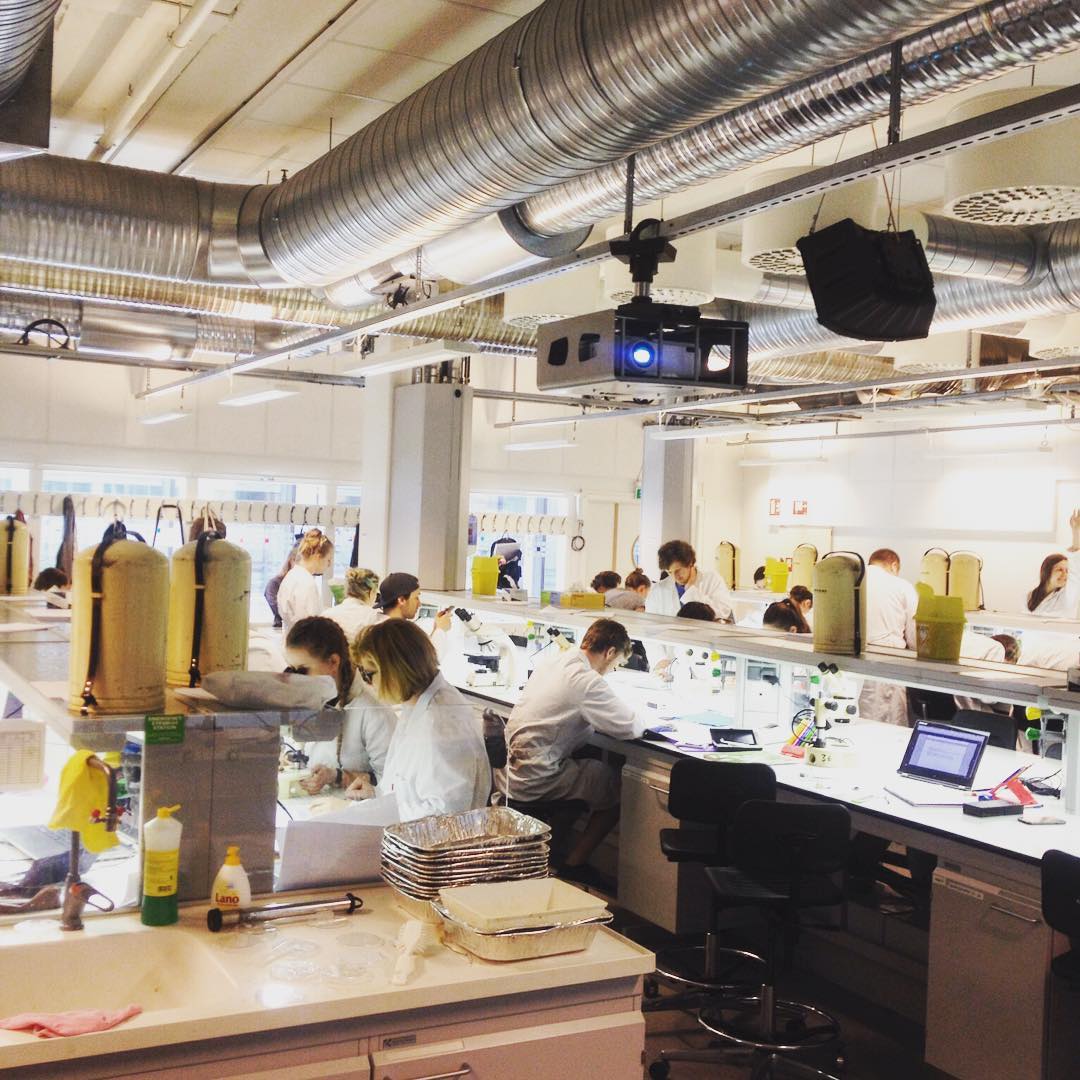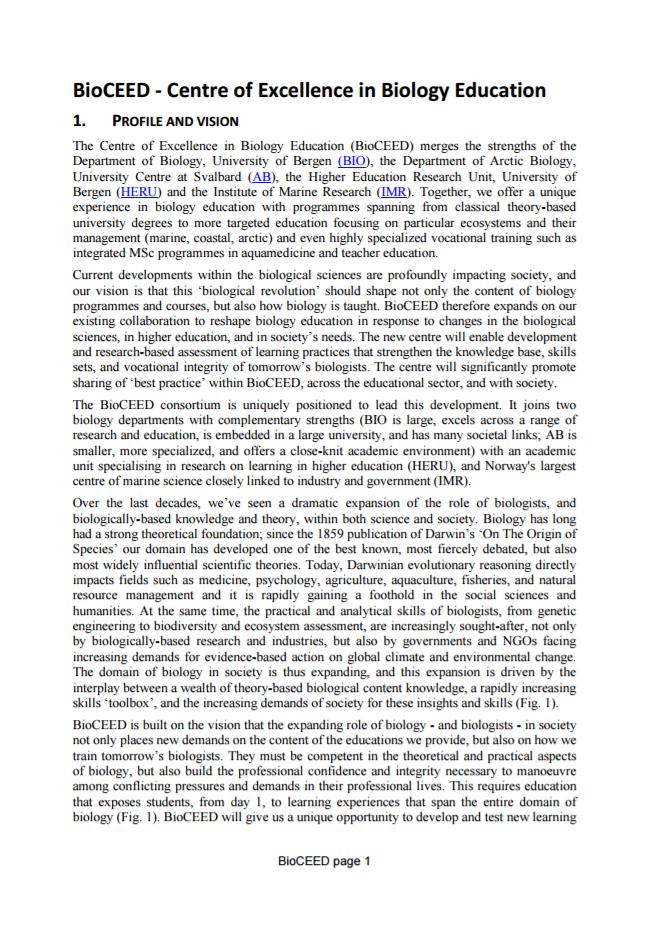[simple-staff-list group=”ALS”]
These are the projects I am working on:
PRIME – Work placements
Through the PRIME project (How implementation of PRactice can IMprove relevance and quality in discipline and professional Education), a recently implemented course gives BSc students in biology the opportunity to conduct an internship at different workplaces as part of the course curriculum. My role in this project is to investigate how the increased level of practical experience, which comes from these work placements, influences student learning. More specifically, I evaluate how these work placements affect the candidates’ transferable skills’ perception and acquisition of transferable skills by evaluating how work placement impacts student awareness of, among others, their responsibility, independence, time management, communication or collaboration. I also evaluate the effects that these work placements have on students’ future study choices and professional careers.
iSCOPE
iSCOPE (integrating Science of Oceans, Physics and Education) brings together four partners, University of Bergen (Norway), University of California at Berkeley (USA), Concordia University (Canada), and University College of Stord and Haugesund (Norway), to identify and evaluate (year 1), transfer and test (year 2) and iteratively test (year 3) excellent methods of educational intellectual stimulation in order to support and enhance University of Bergen and Norway’s leadership in teaching and research in marine biological sciences. The iSCOPE project builds on University of Bergen’s Center of Excellence in Biology Education (bioCEED) and the multi-award winning master course BIO300 Biology Bootcamp, as well as on UNESCO’s International Year of Light 20152 (IYL2015) project “Skylight – a Global Science Opera”. Within iSCOPE I will, together with other international experts in the field, evaluate innovative pedagogical practices in higher education with particular focus on art-based pedagogy, field work design experiments, practical experience and the societal relevance of student work.
bioCEED-survey
Together with researchers and colleagues at bioCEED, I participated in the development of a comprehensive national survey for students, teachers, administrative and technical staff and biologists in the workplace. This survey is the first of its kind and touches upon crucial themes for bioCEED, including teaching methods, learning in practice, and other general skills. I am co-author of a four-part report detailing the data and discussing further use. We plan to use the survey in a post-test in 2018.
Teach 2 Learn – Active learning creating video tutorials
Through the Teach 2 Learn project (Active learning creating video tutorials), BSc and MSc students in biology are given the opportunity alongside their coursework to produce a 4 min video tutorial in which they answer a question, in order to teach other students key scientific concepts (bioSKILLS). The Teach 2 Learn project contributes to the bioCEED digital platform with student-generated tutorials. To date, the video tutorials cover the following bioSKILLS: statistics (software R), lab material and techniques (e.g. microscopy, dissection), fisheries and marine biological methods (e.g. different fishing and sampling gears) and theoretical knowledge on different organisms.
These video tutorials are a resource for both teachers and students. Teachers use them as pedagogical tools during their courses while students can use these tutorials before or after having studied the course material, as an additional resource to better prepare themselves before entering laboratories. Moreover, the students producing these video tutorials reinforce their learning on that specific bioSKILL while acquiring several other transferable skills such as didactic method, communication, group work, independence, responsibility or creativity.
As coordinator of the project, I identify the different courses suitable for the project at the University of Bergen and at the University Center in Svalbard, UNIS. In close collaboration with the course instructors, I implement the Teach 2 Learn activities, support and supervise students, providing them with the necessary pedagogical guidance during the video production, and am responsible for the project’s evaluation and for dissemination of the results. I investigate how the digitalization of course material contribute to student learning at different levels.

